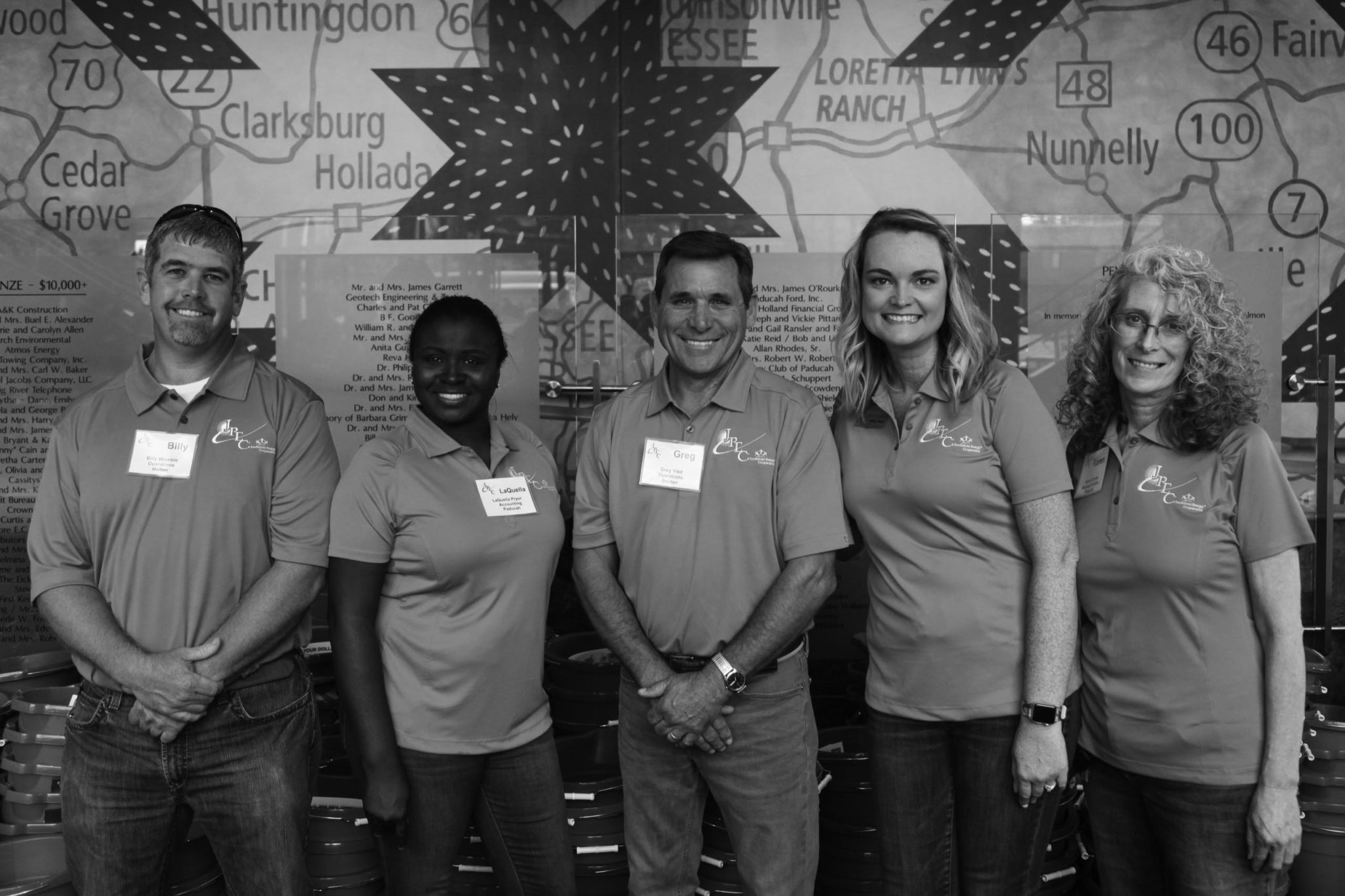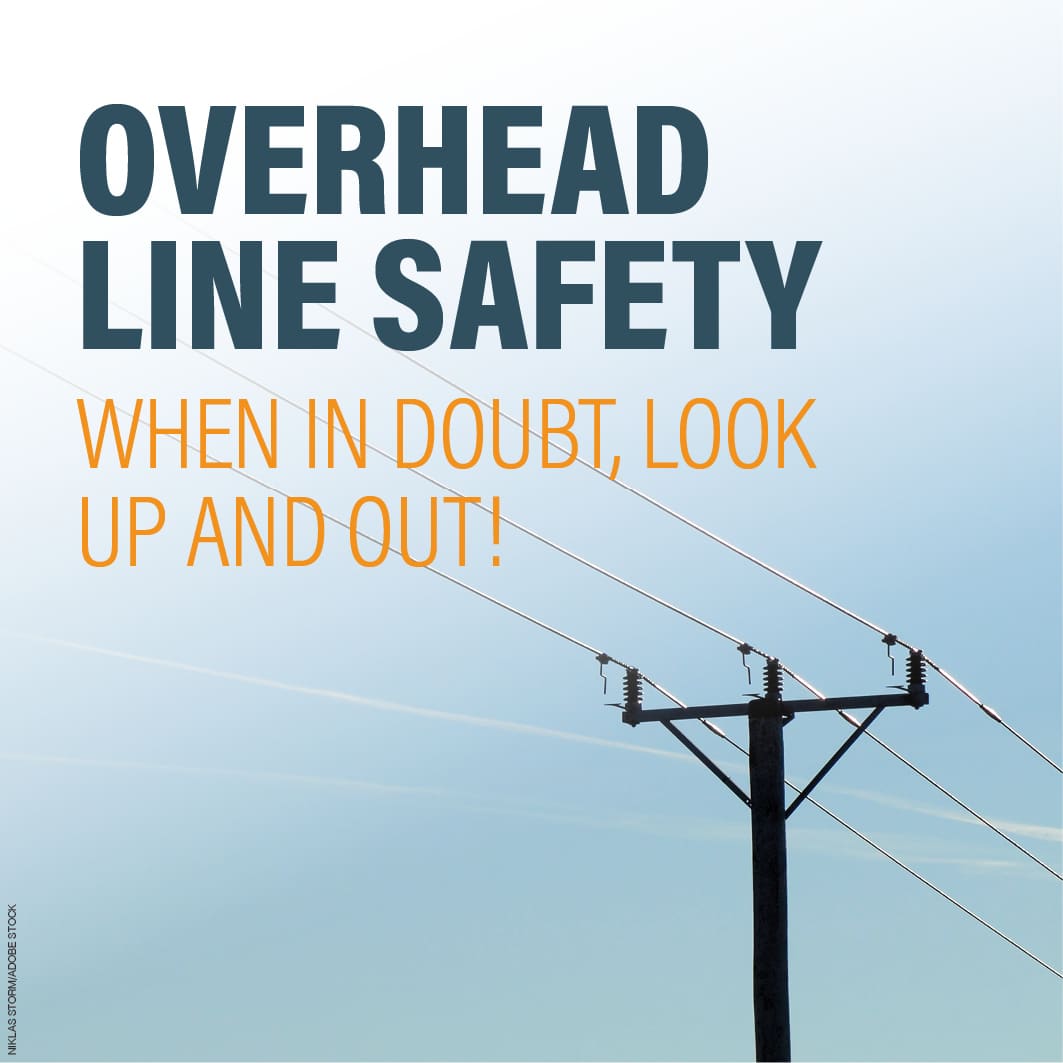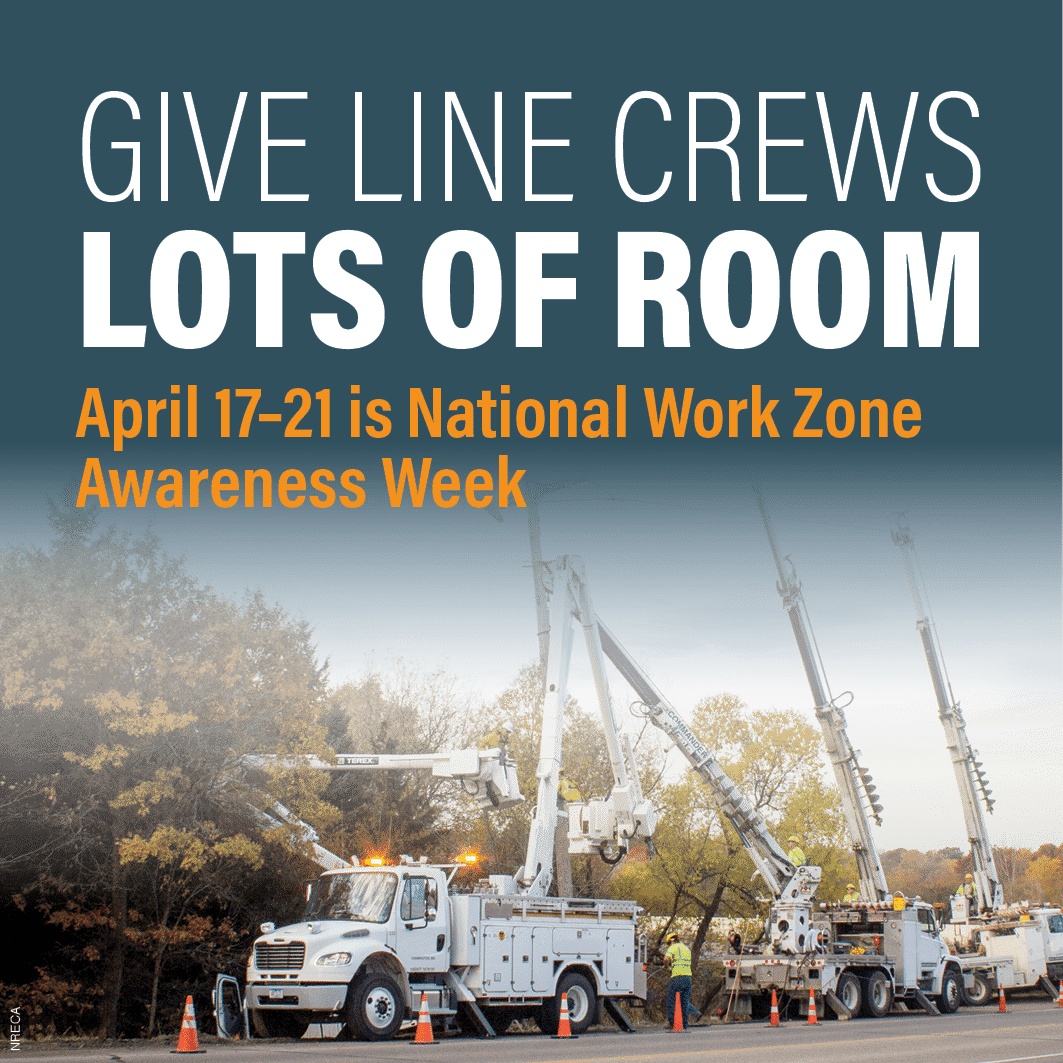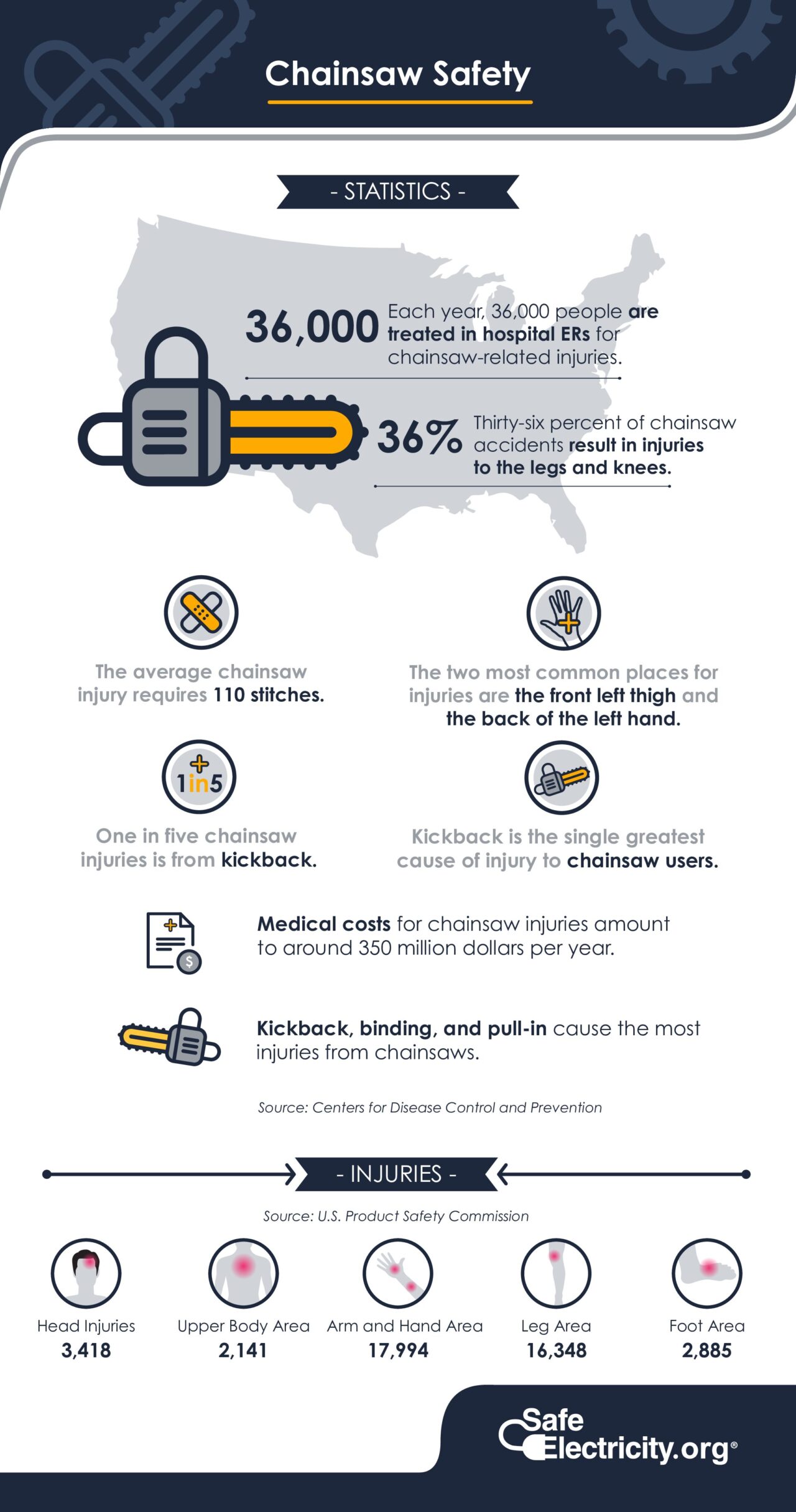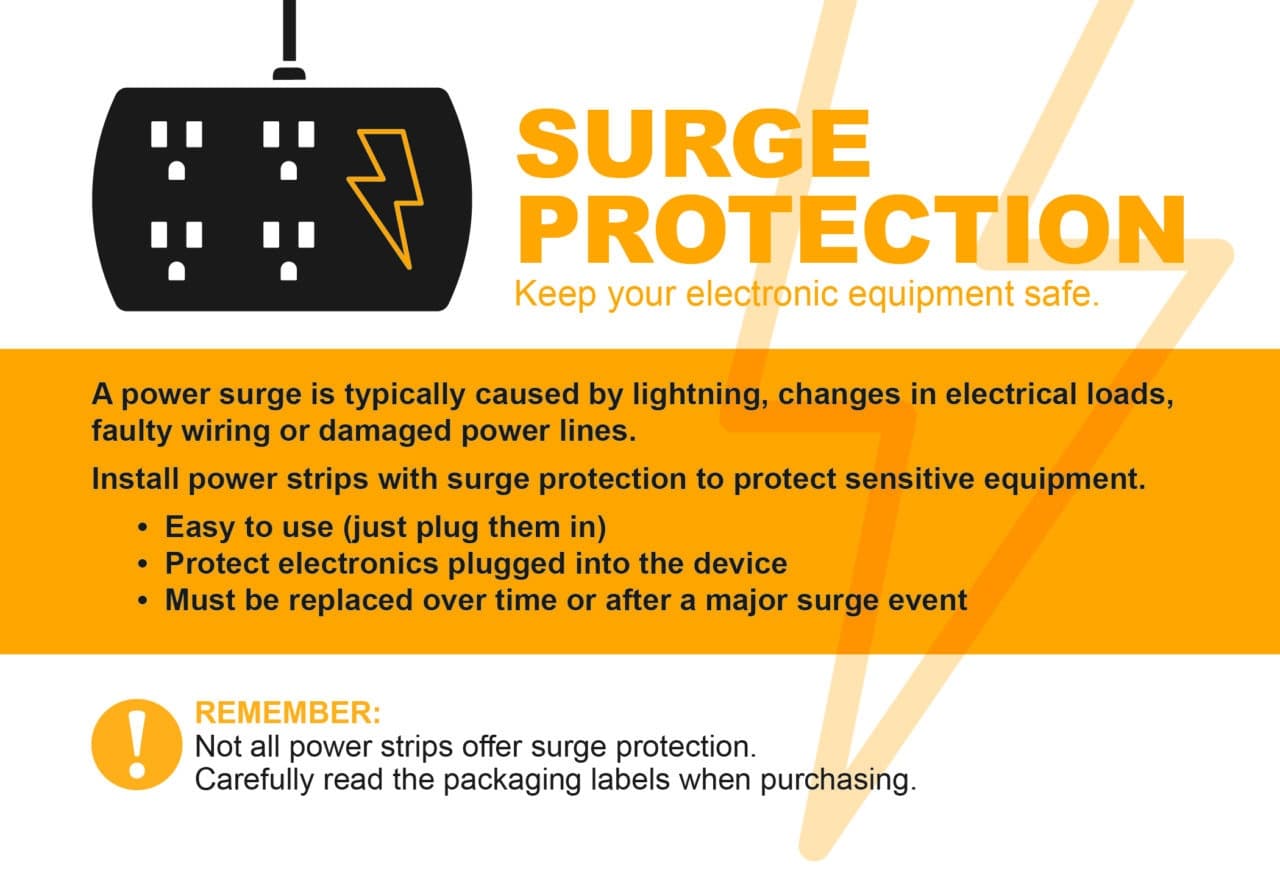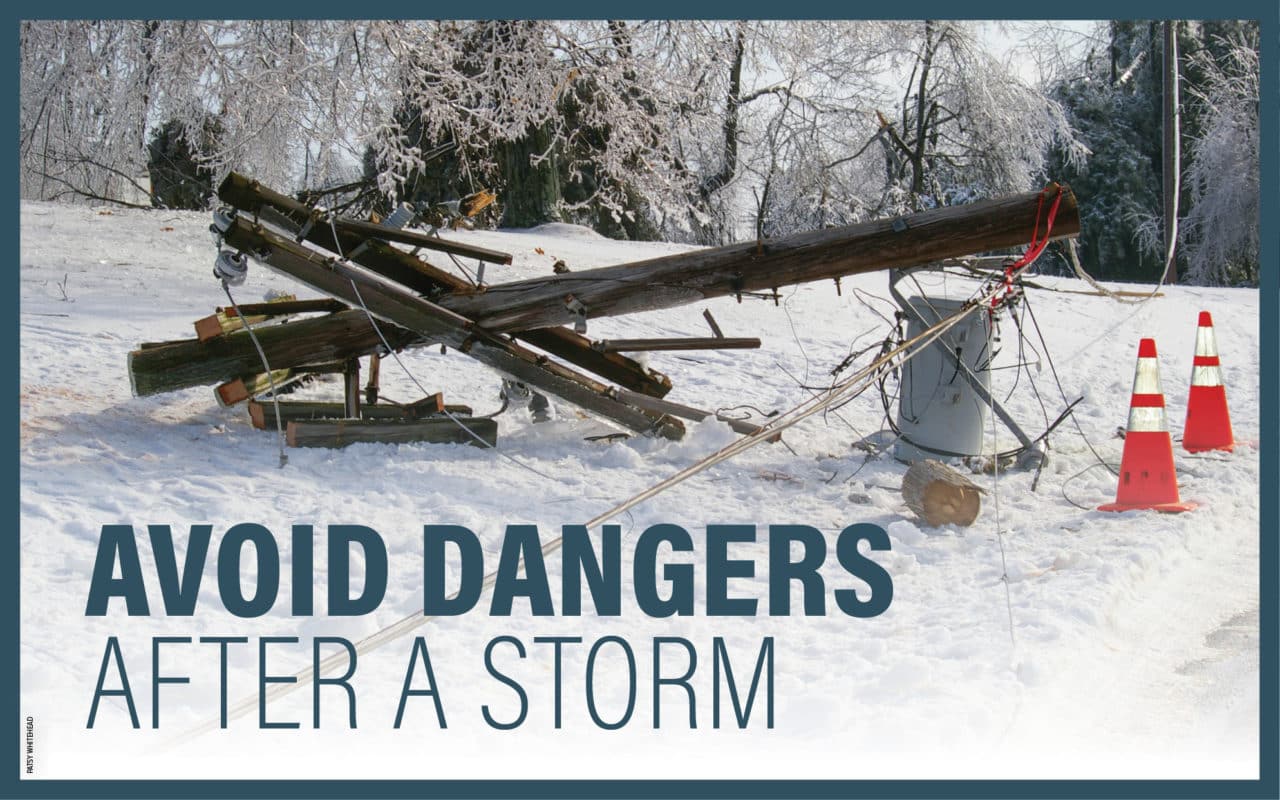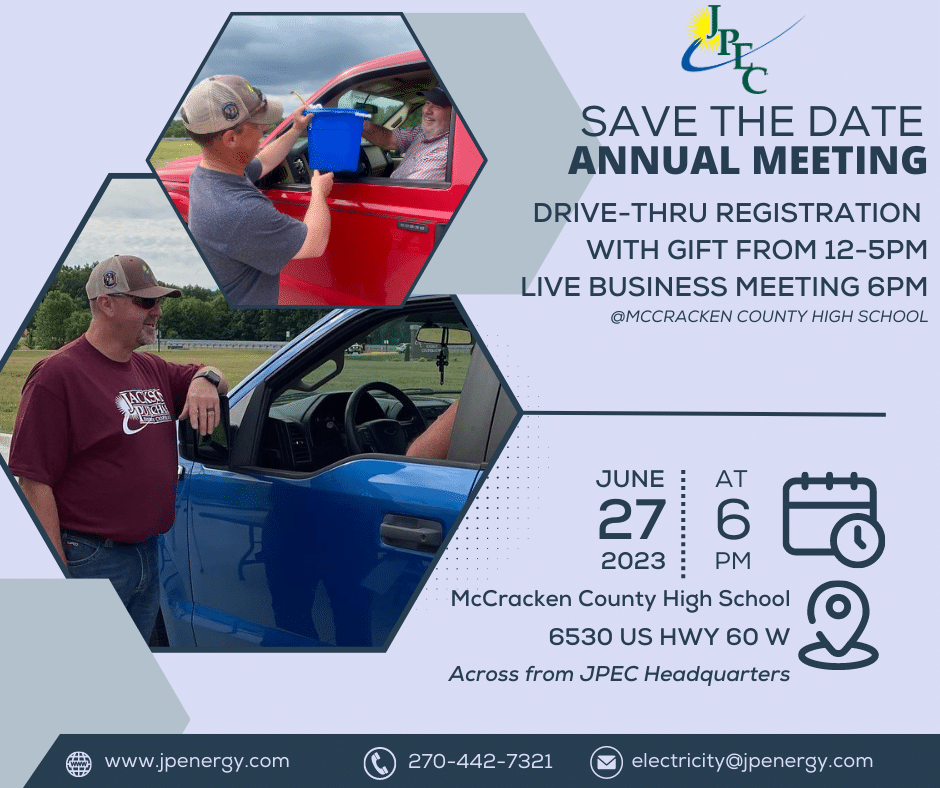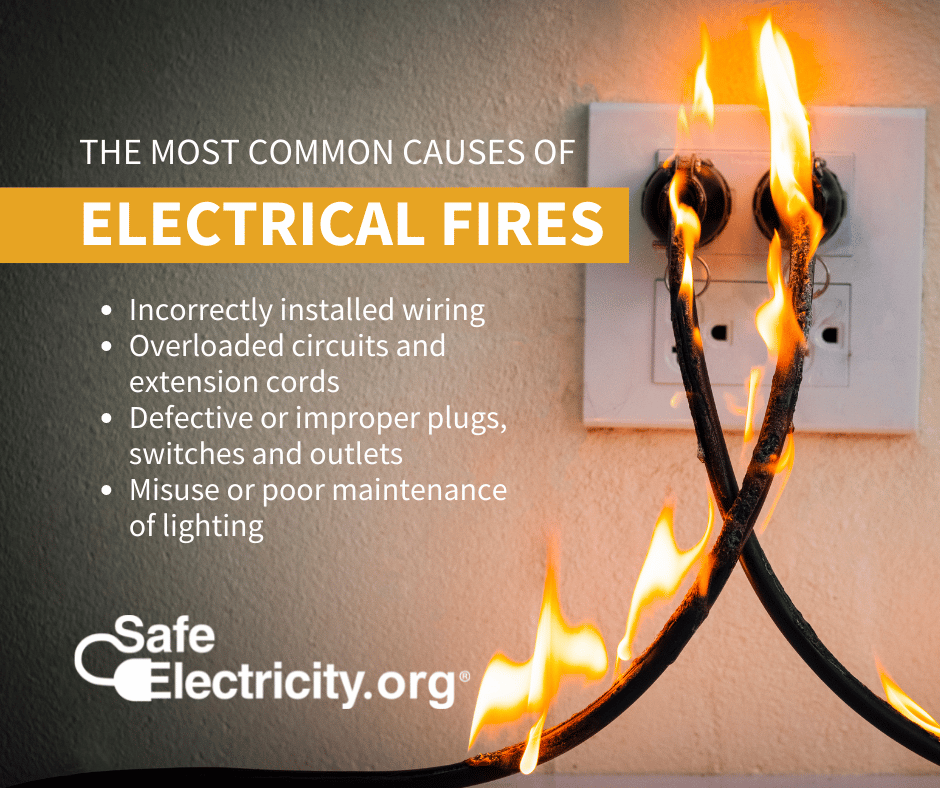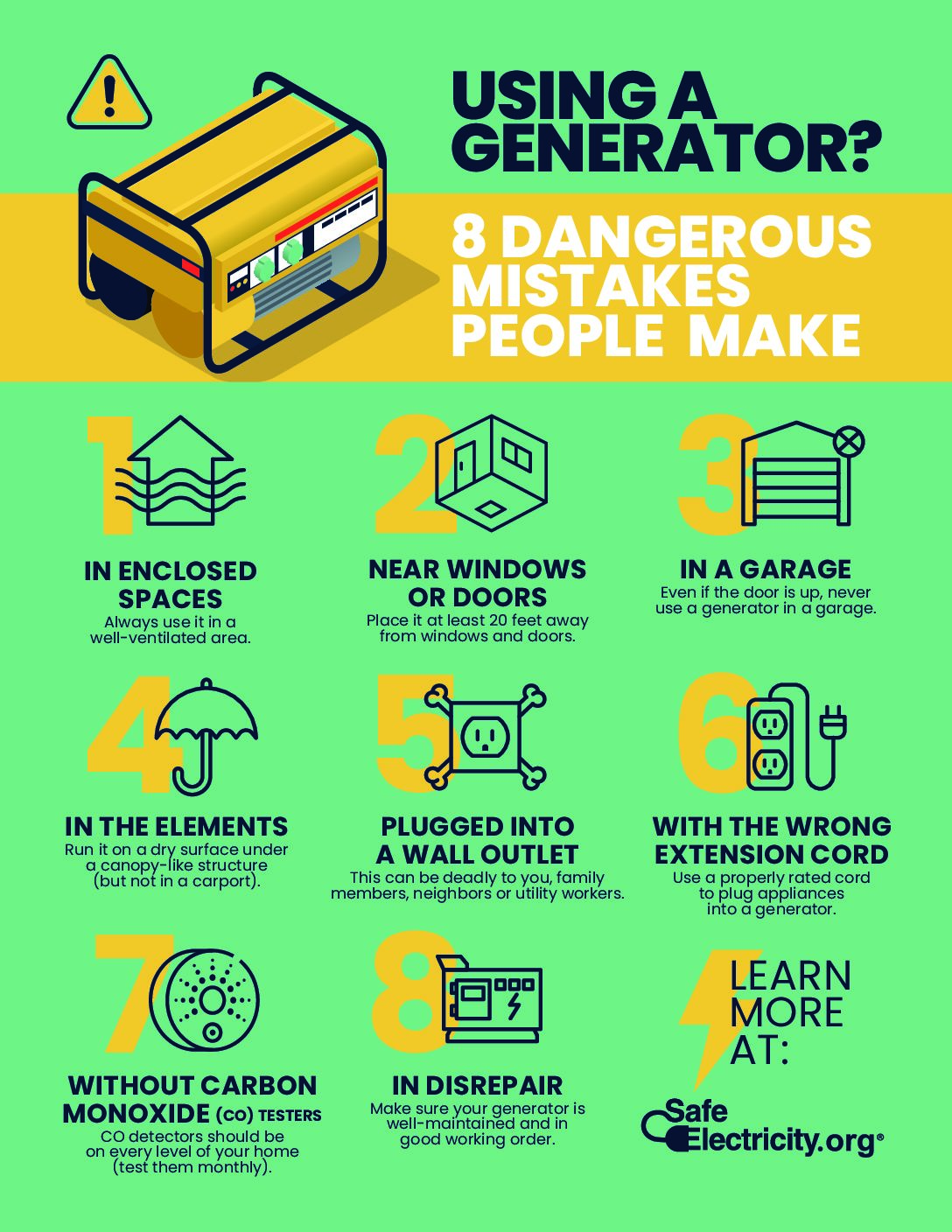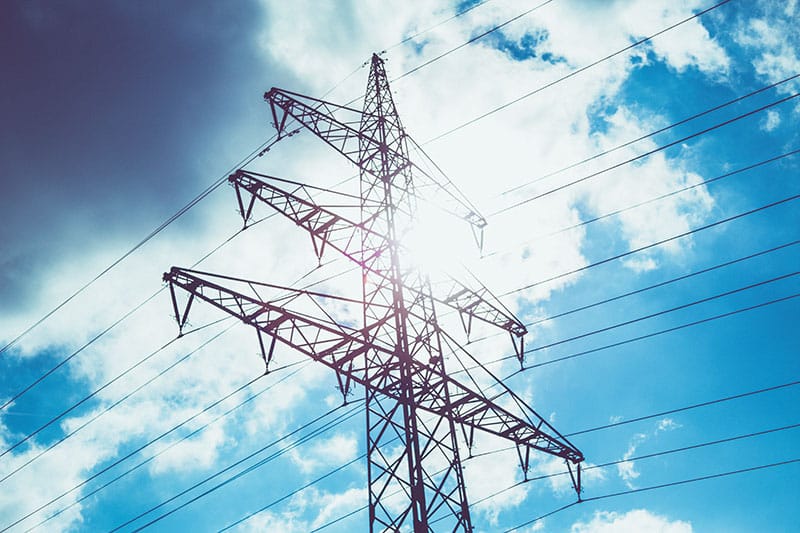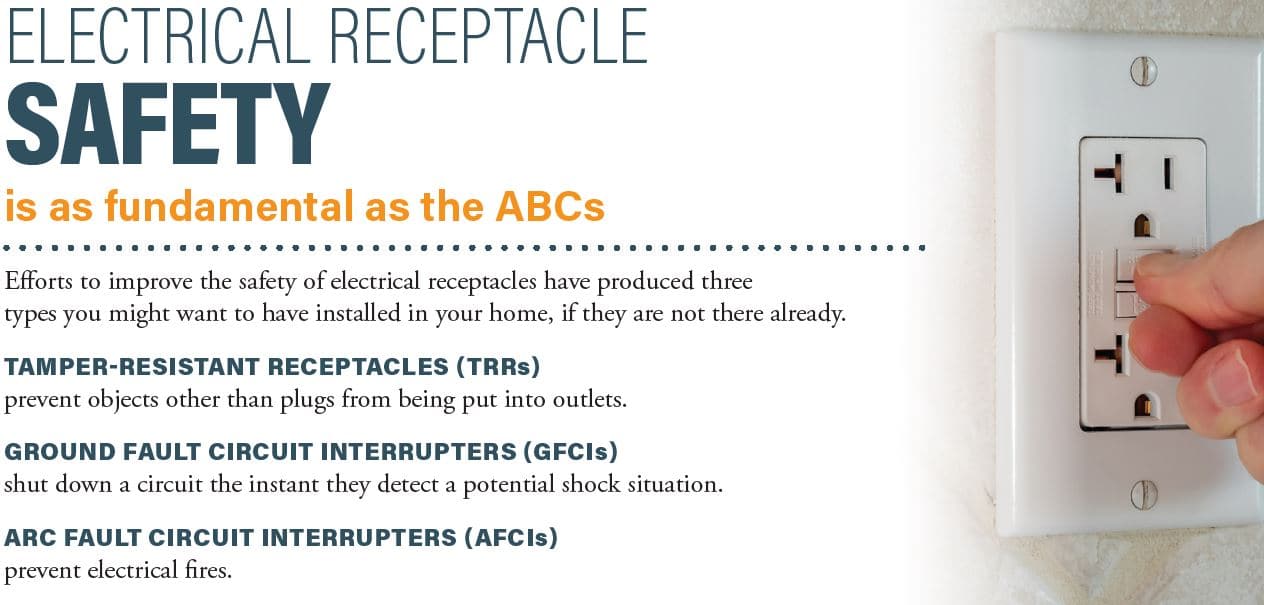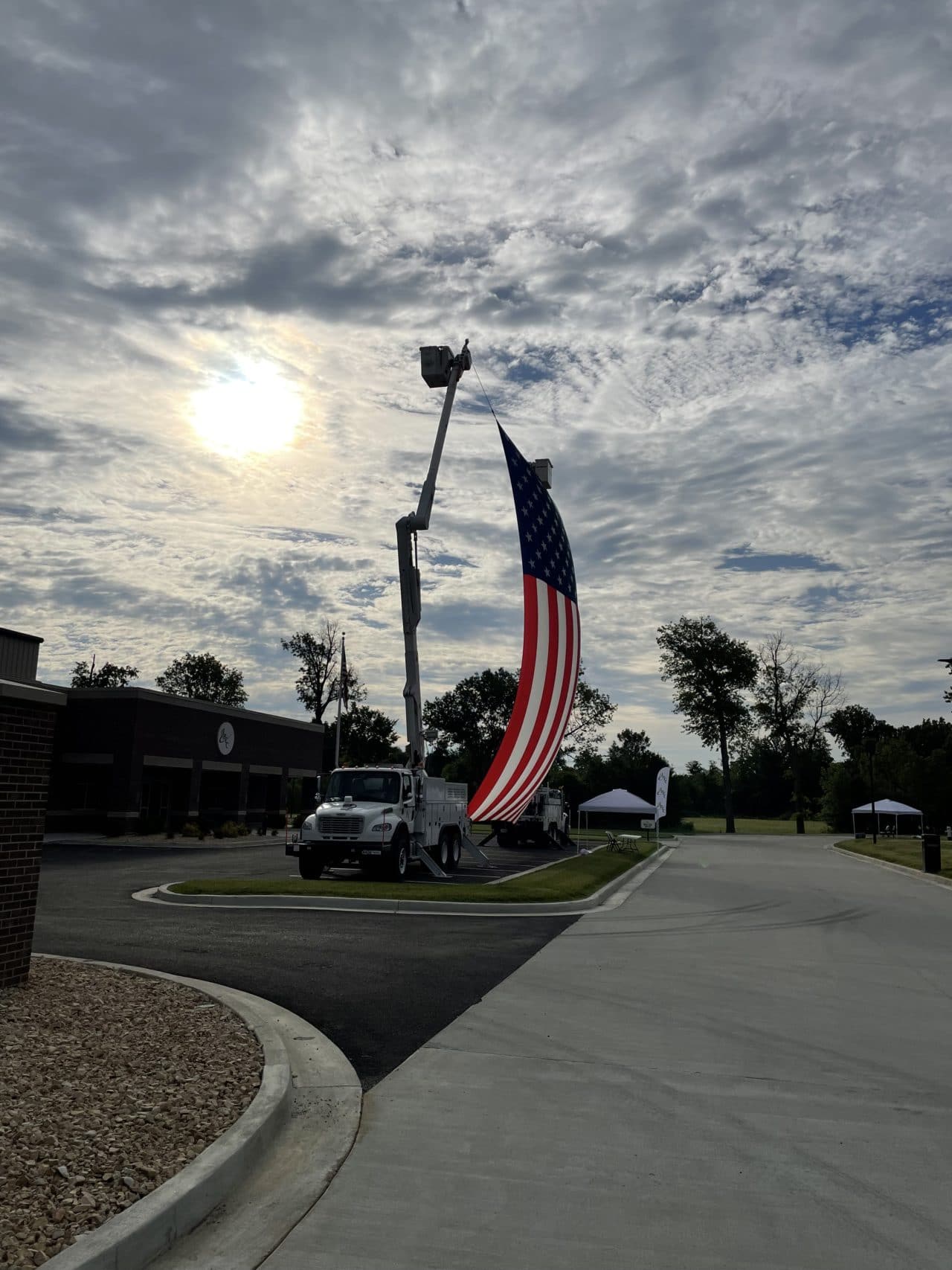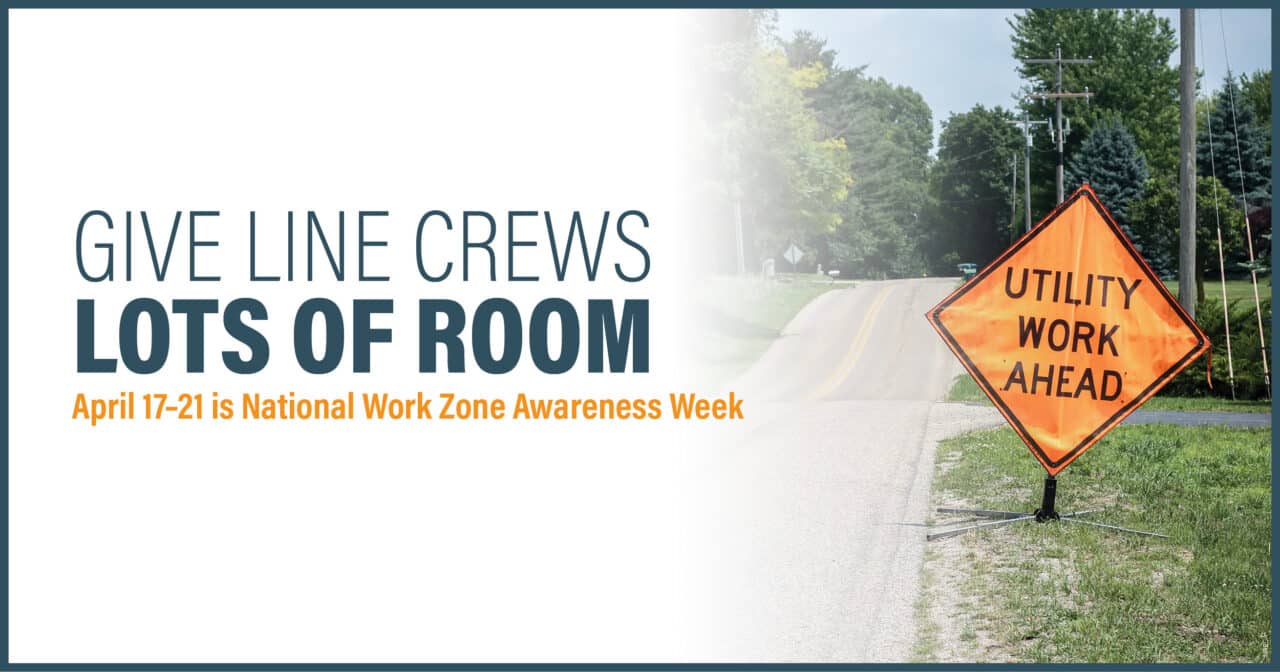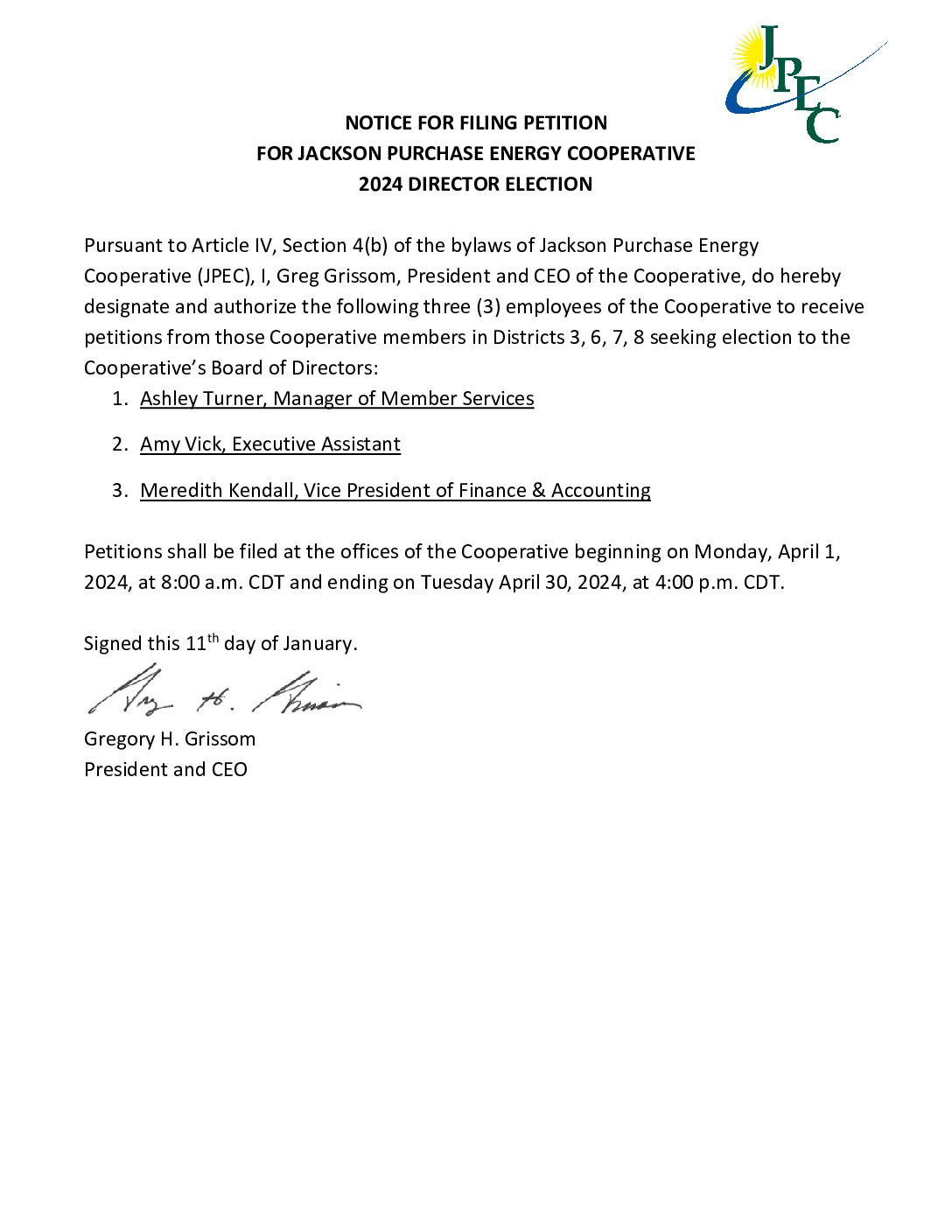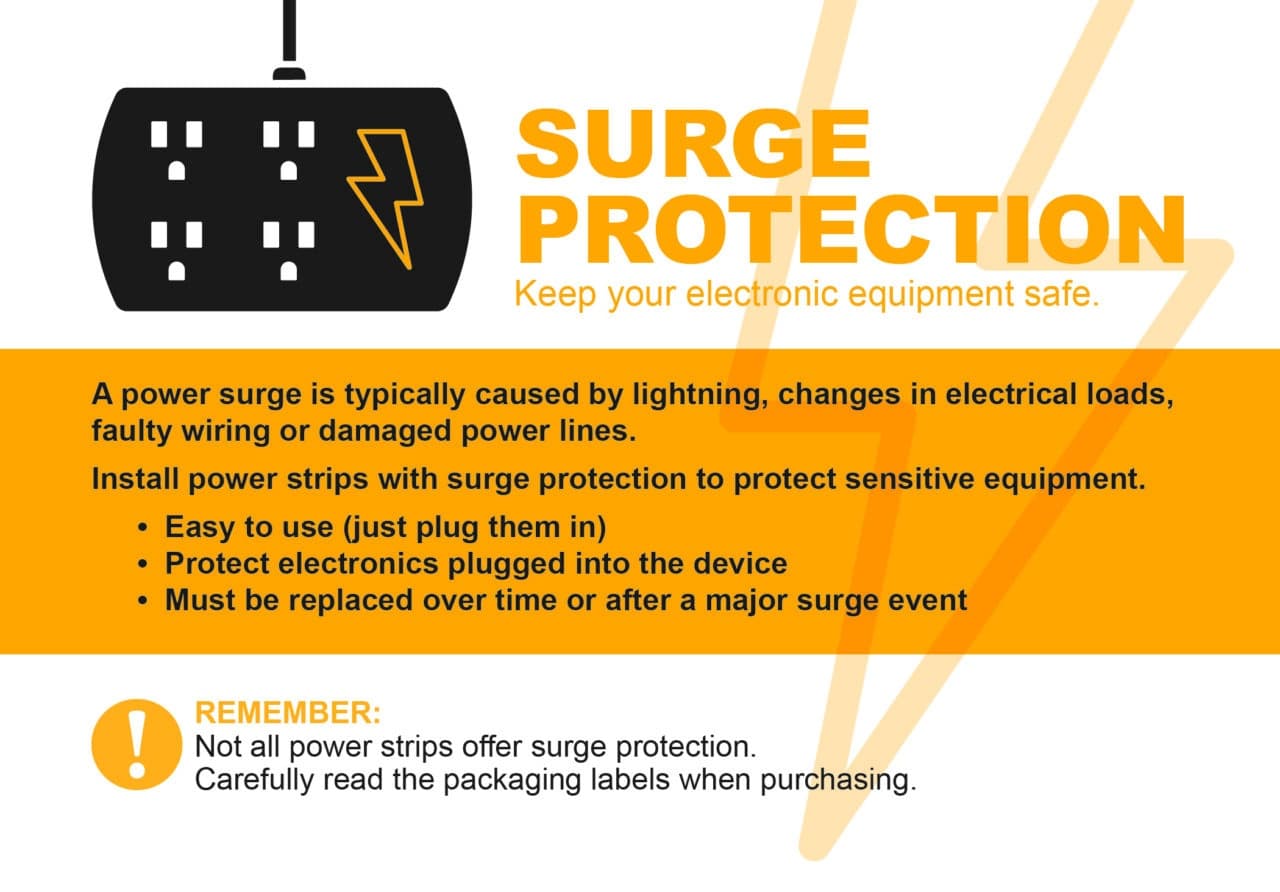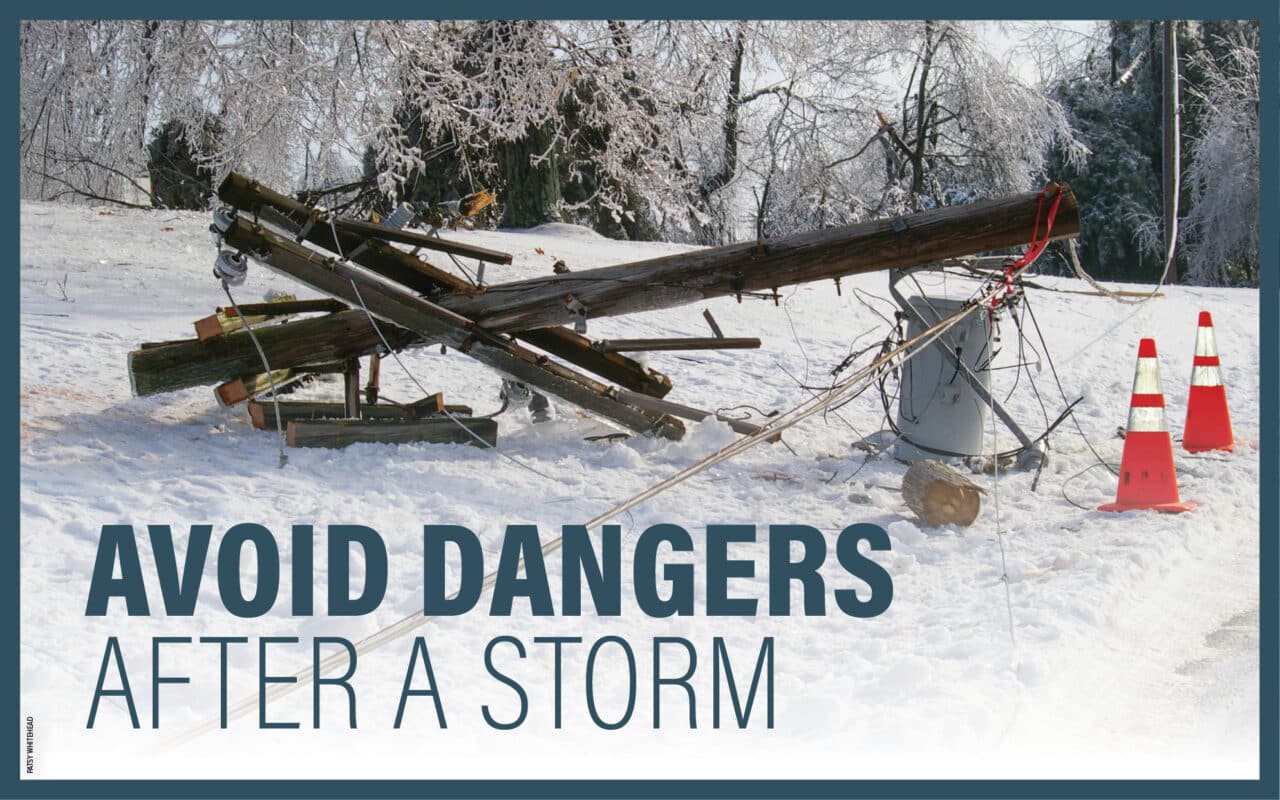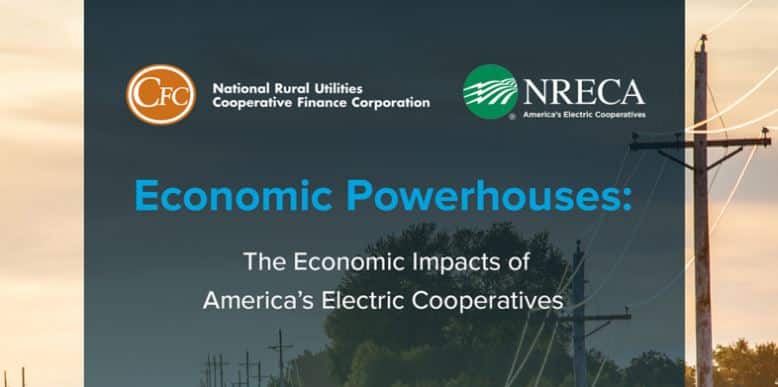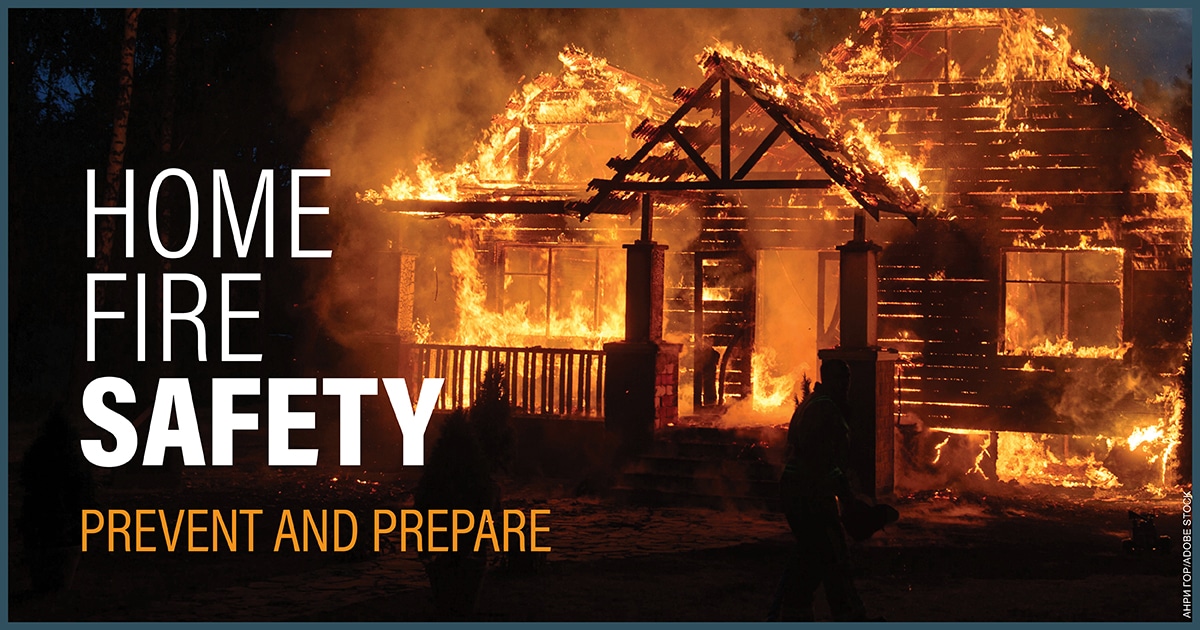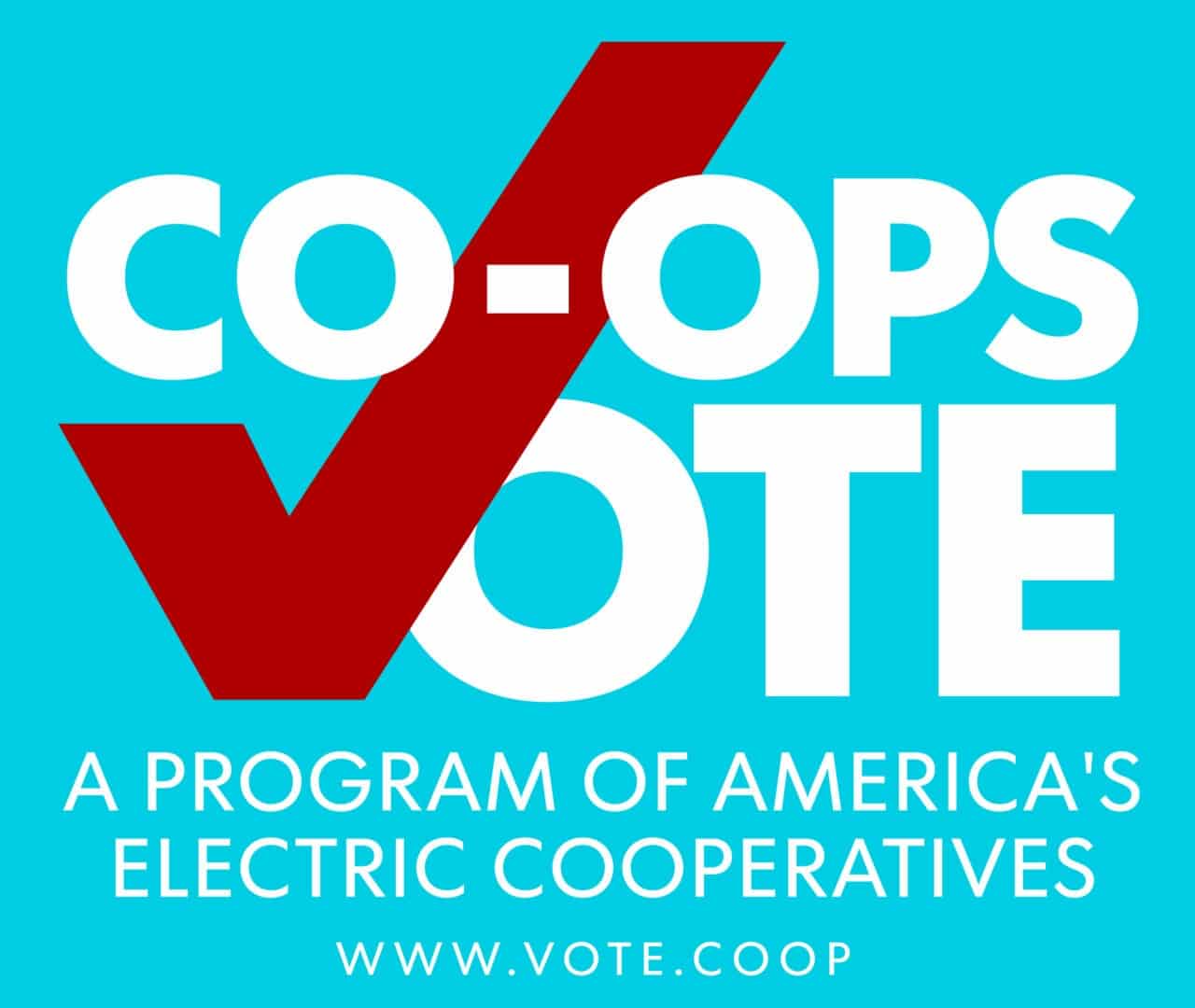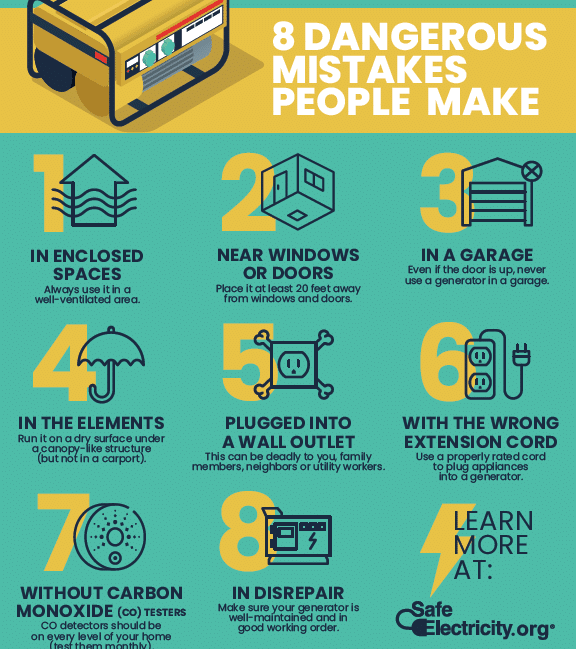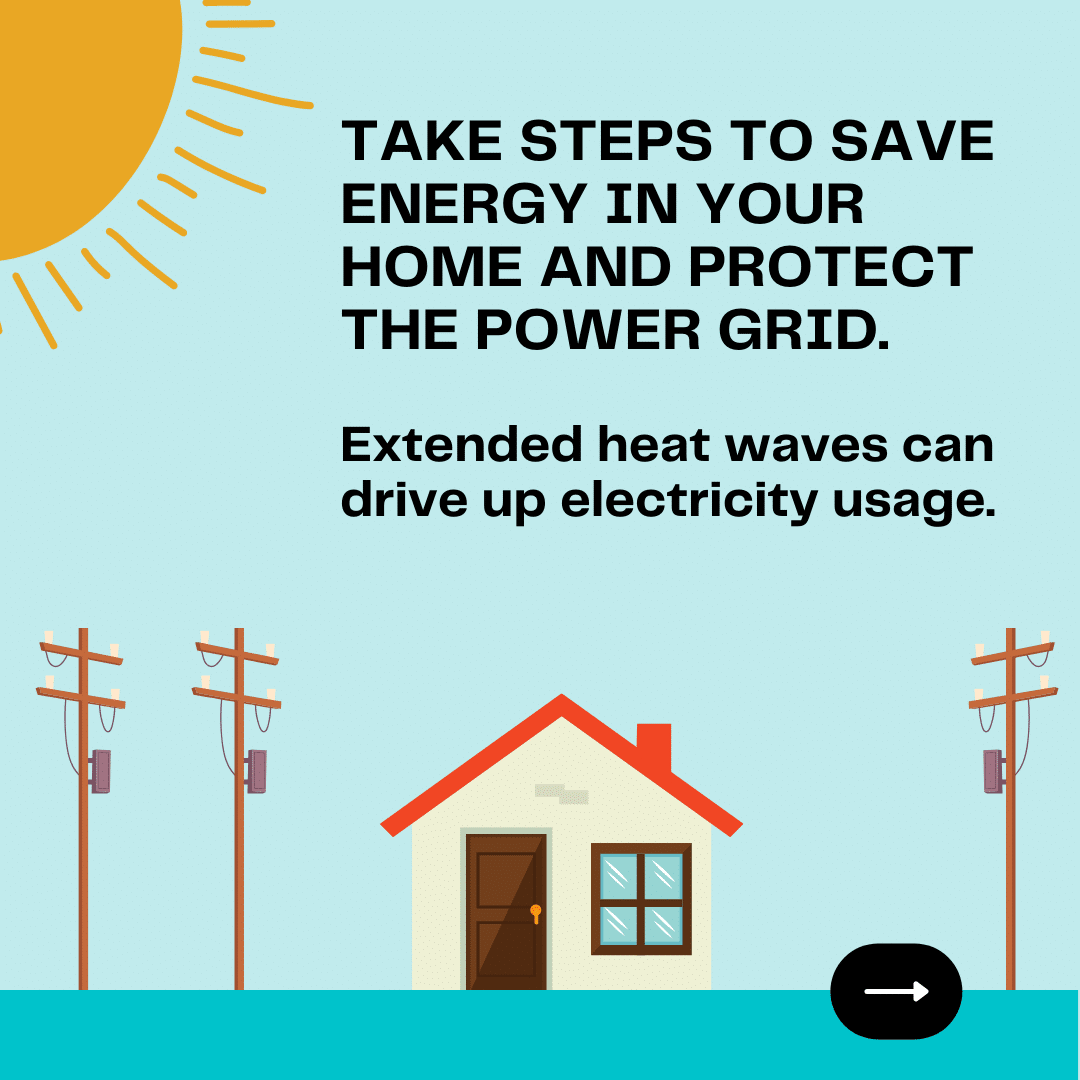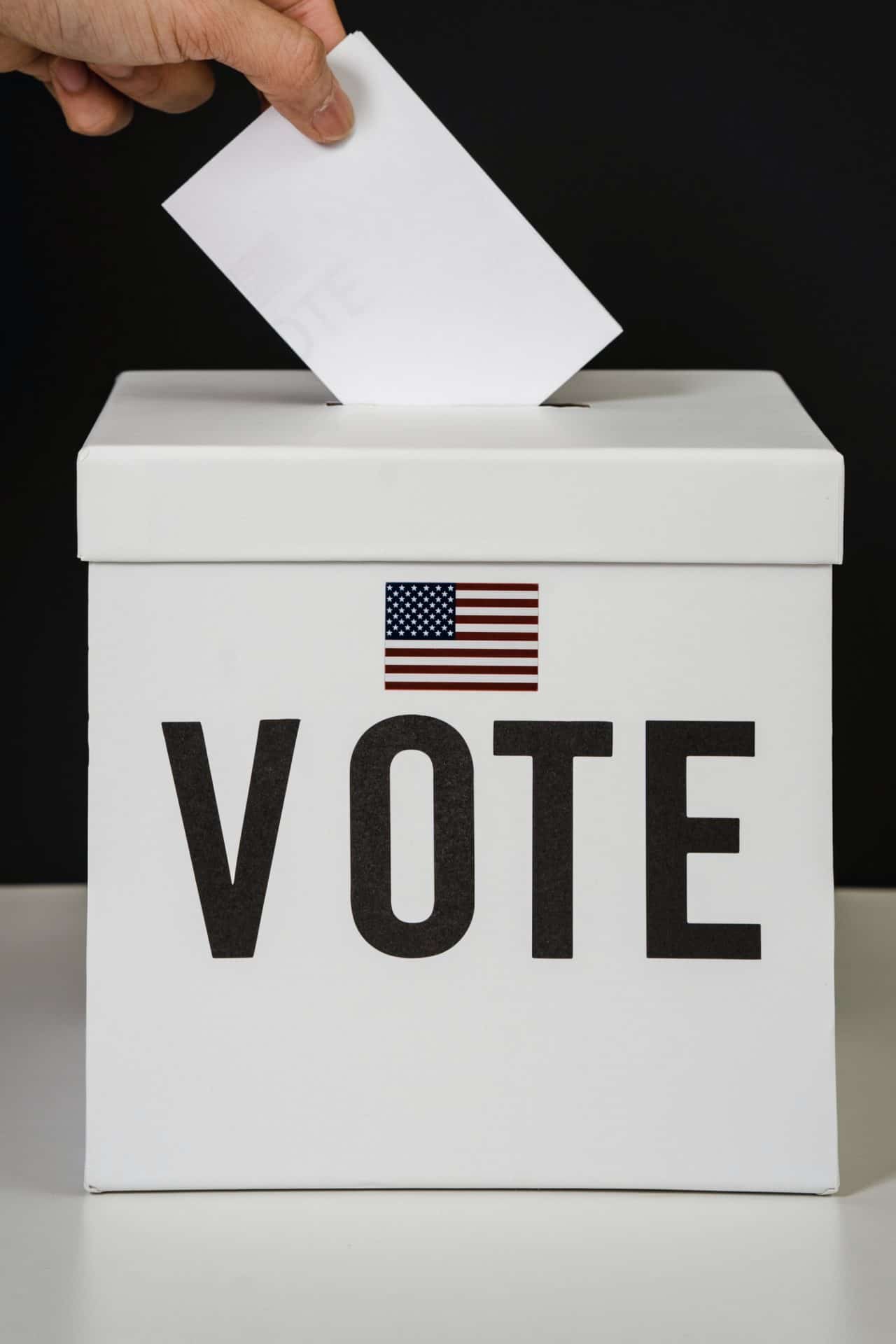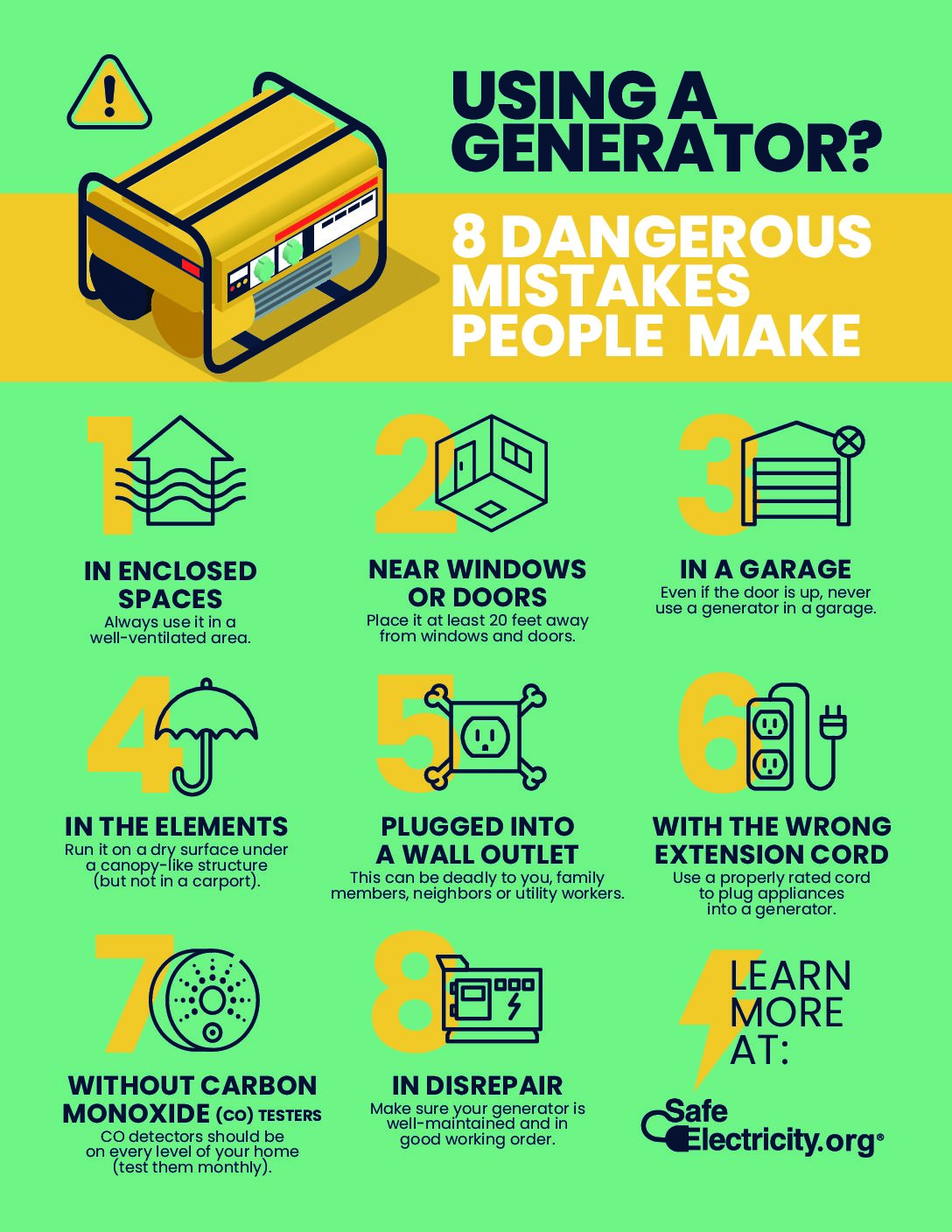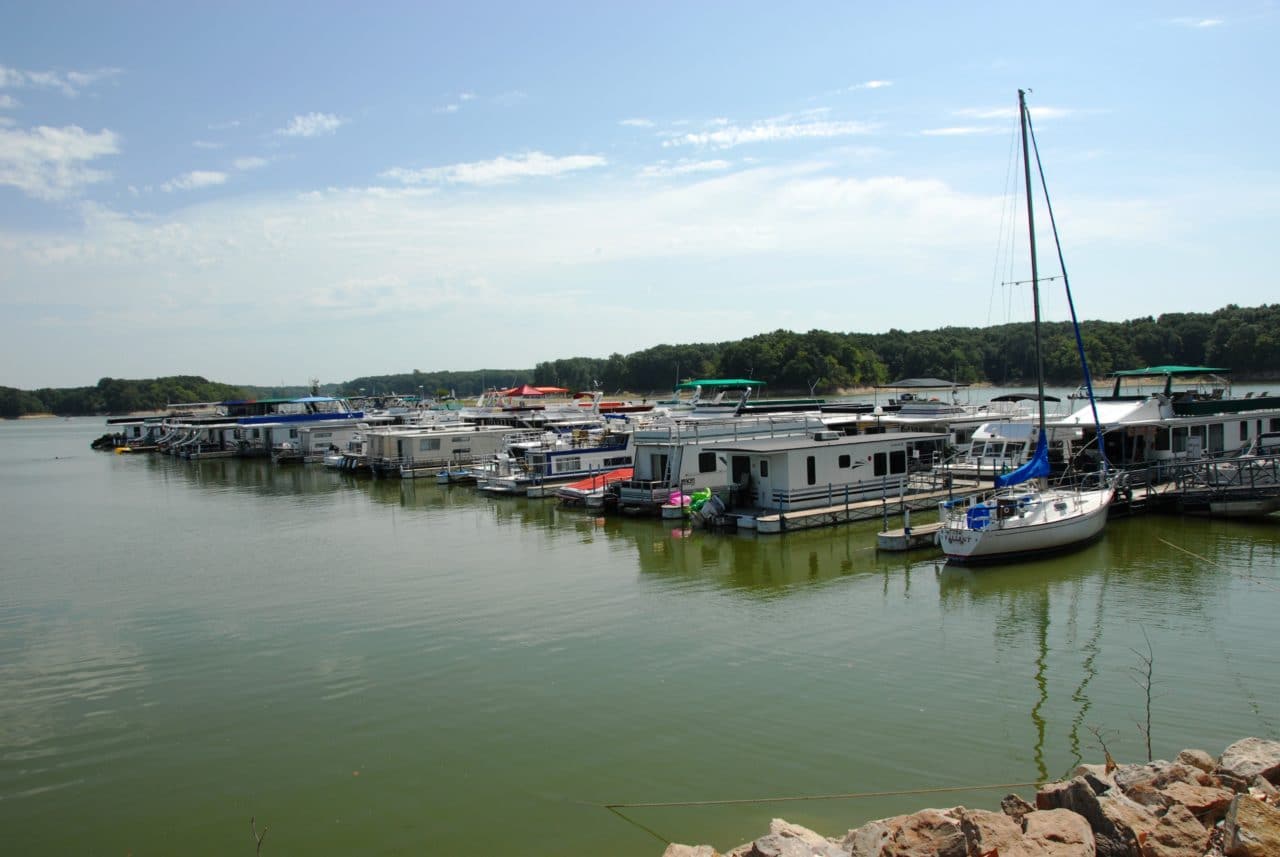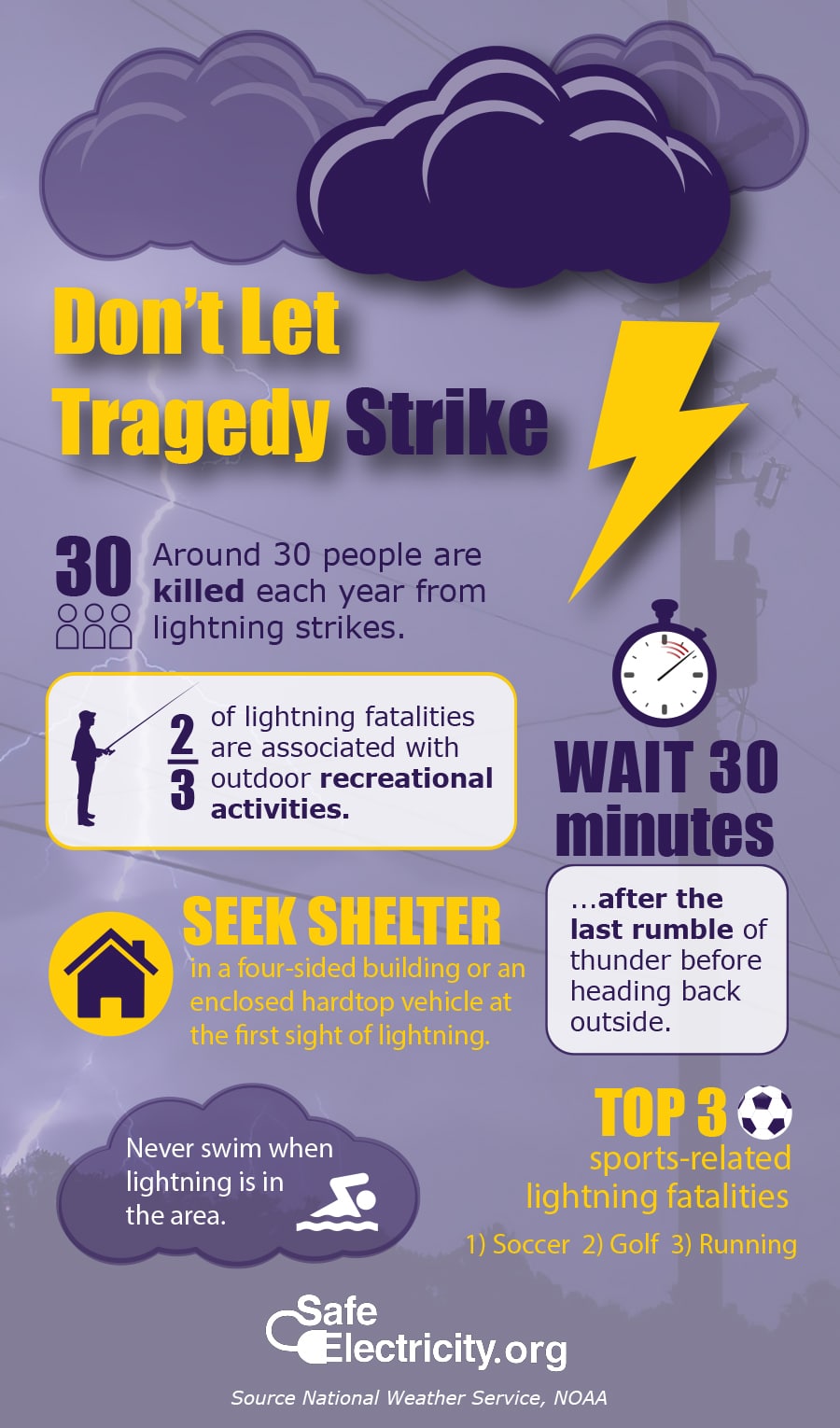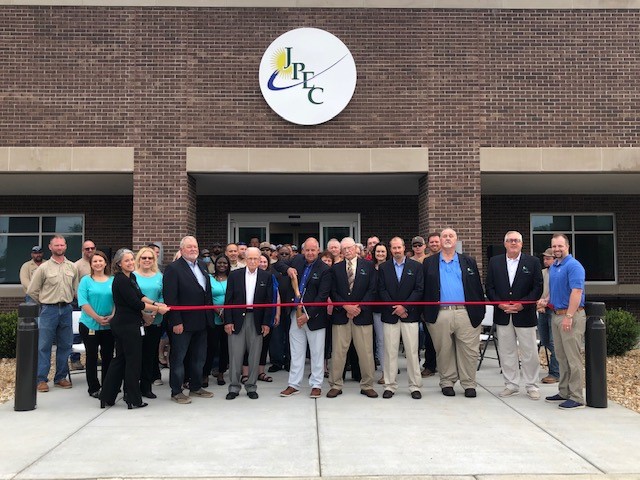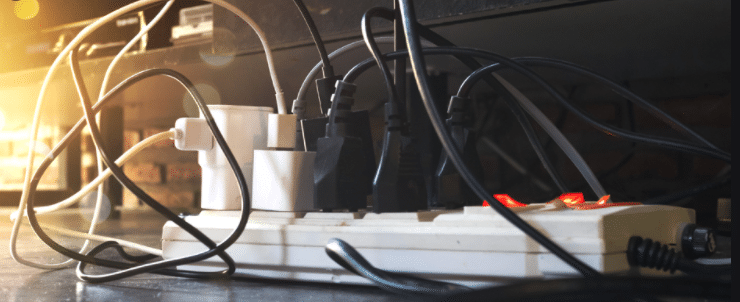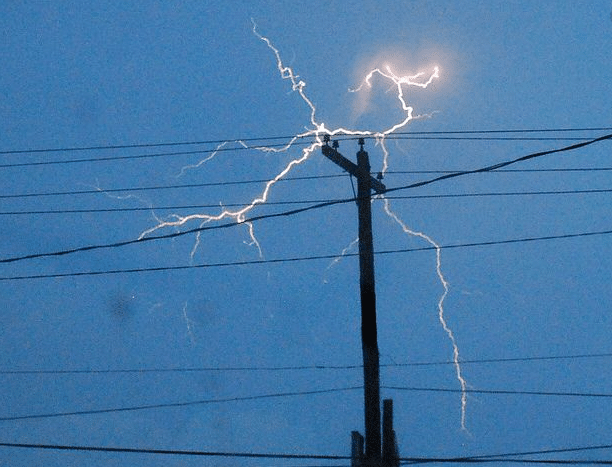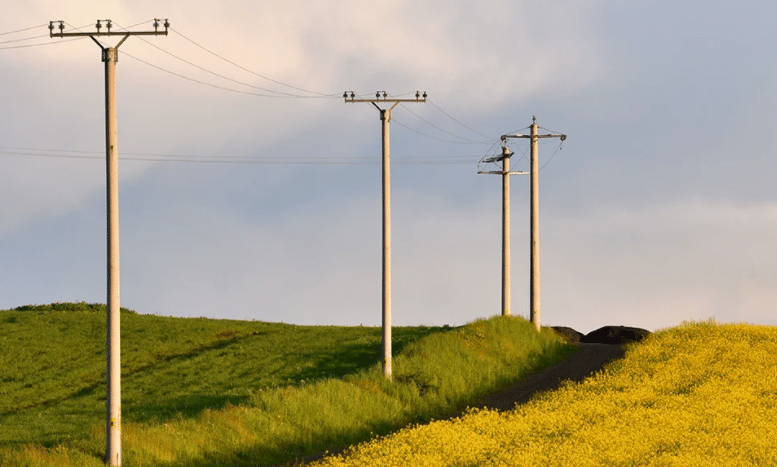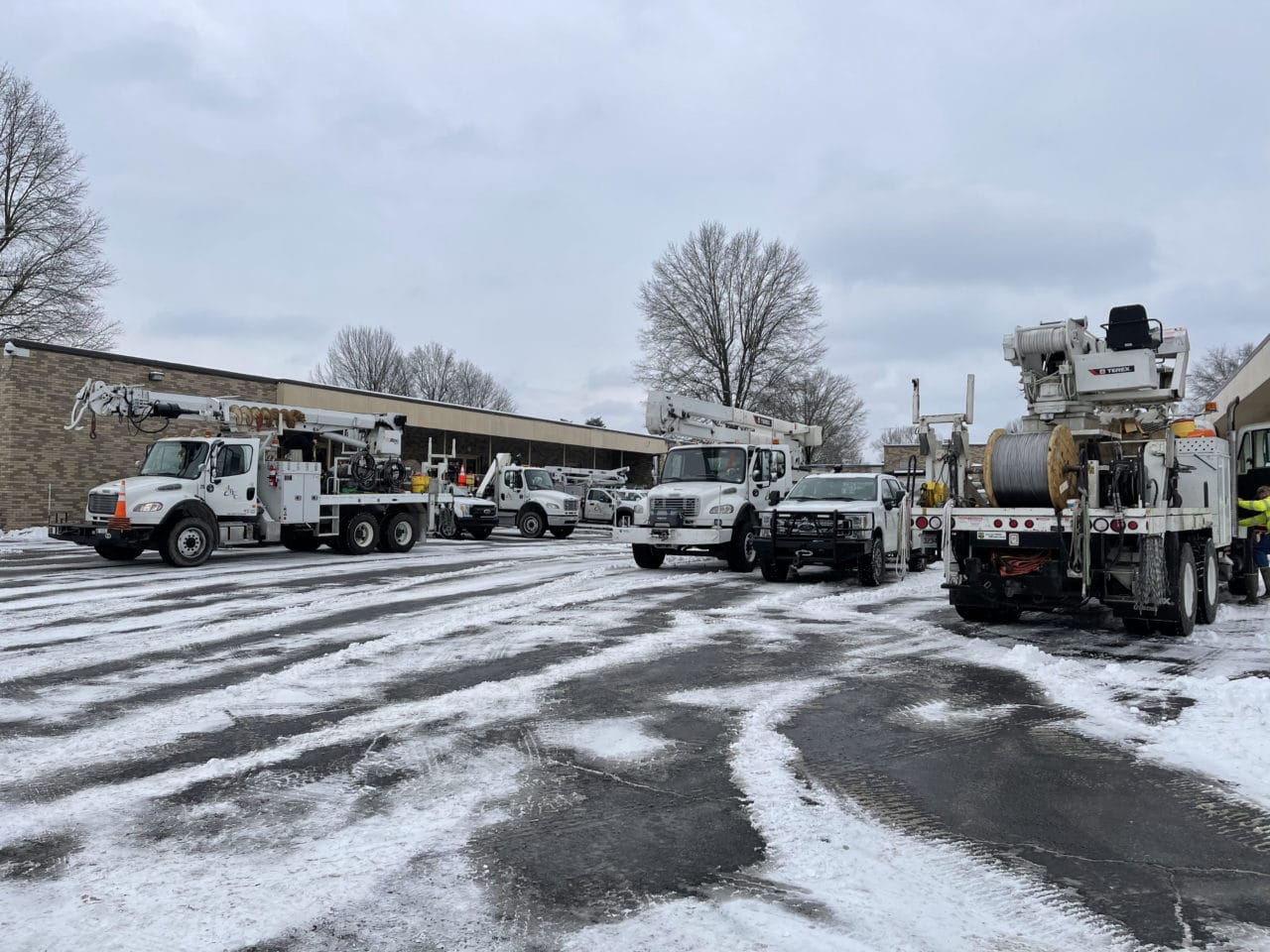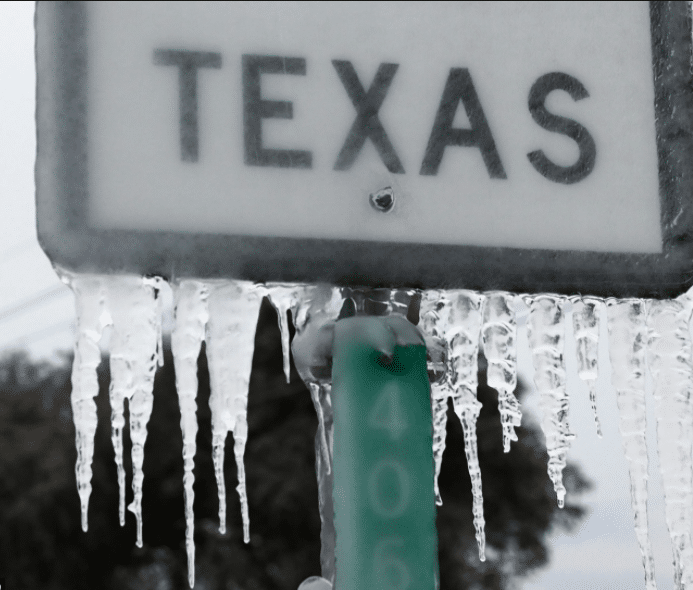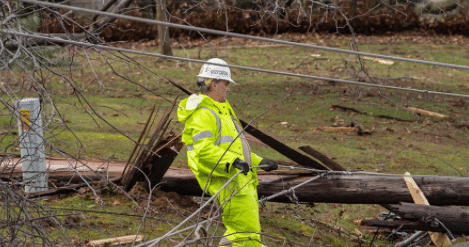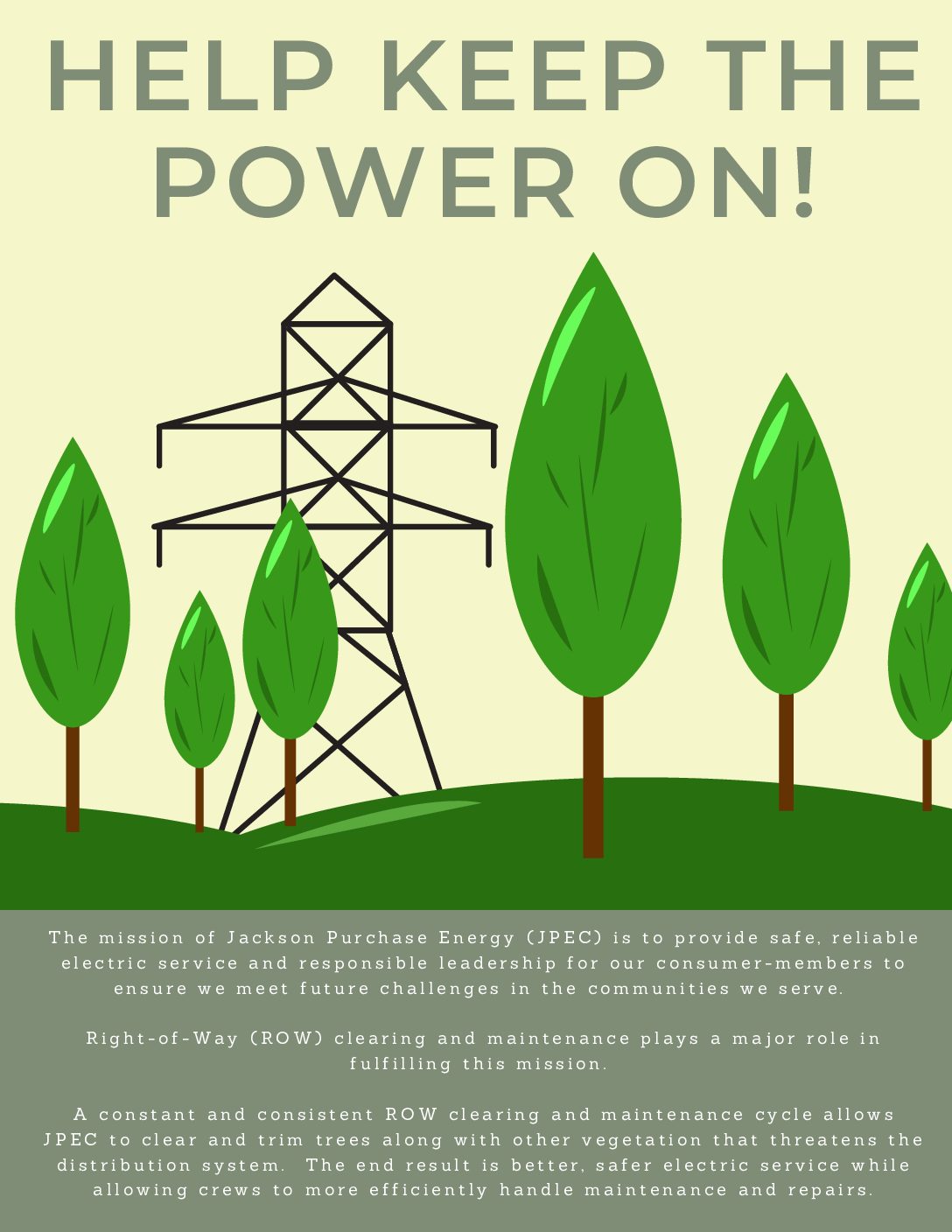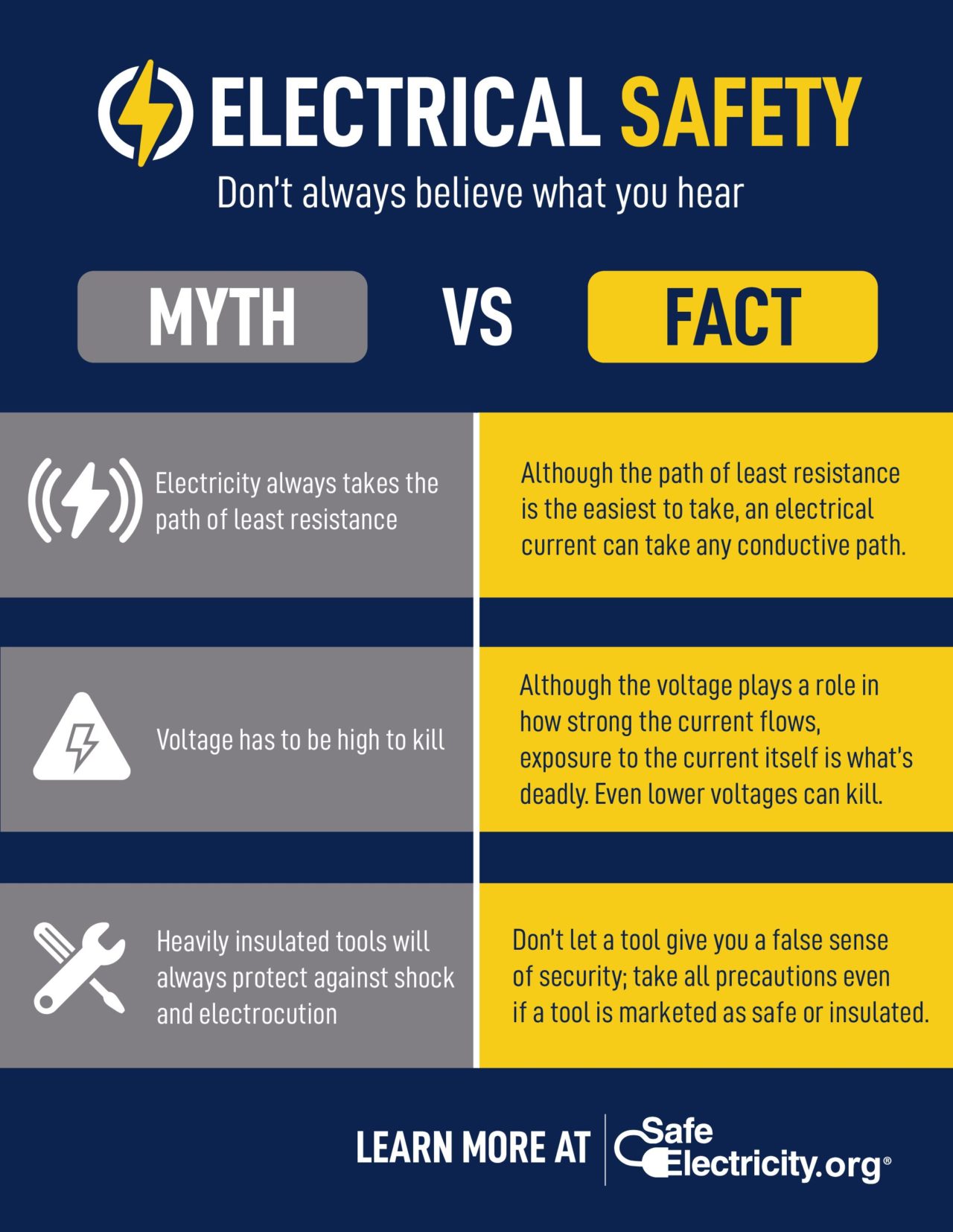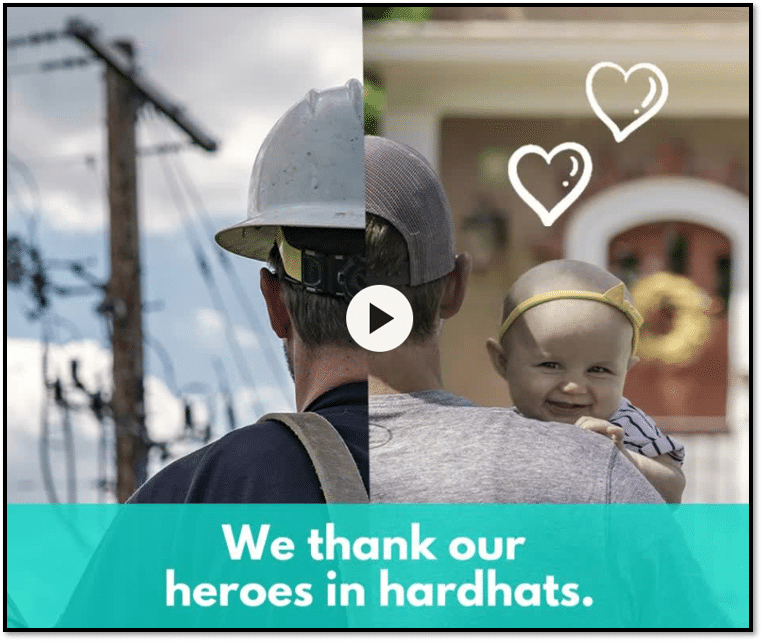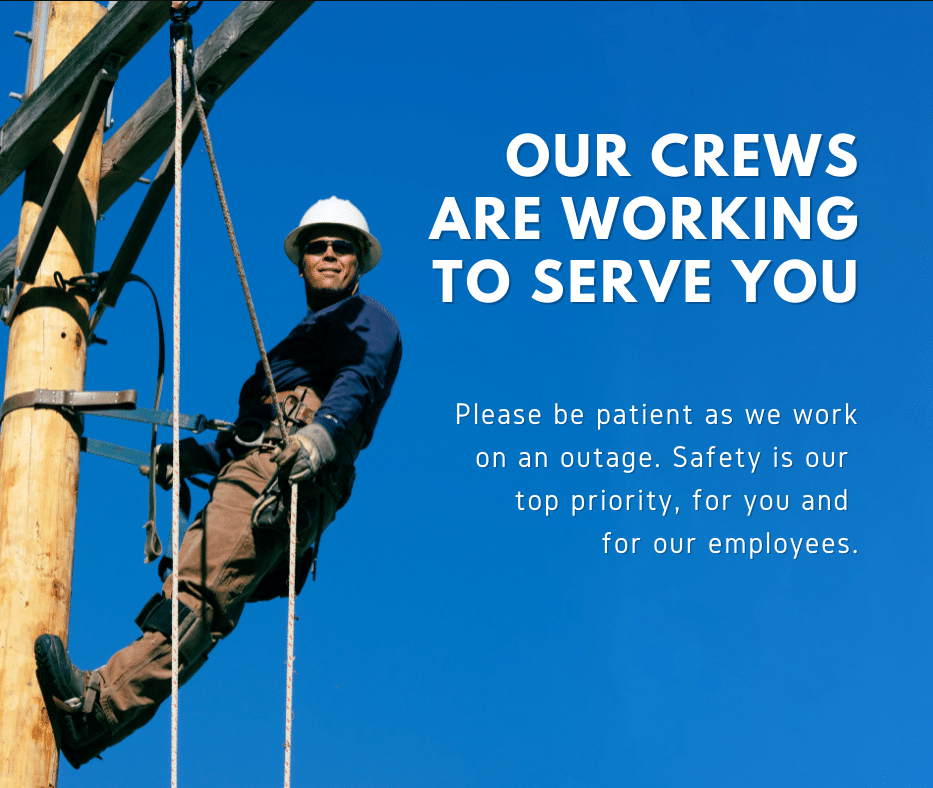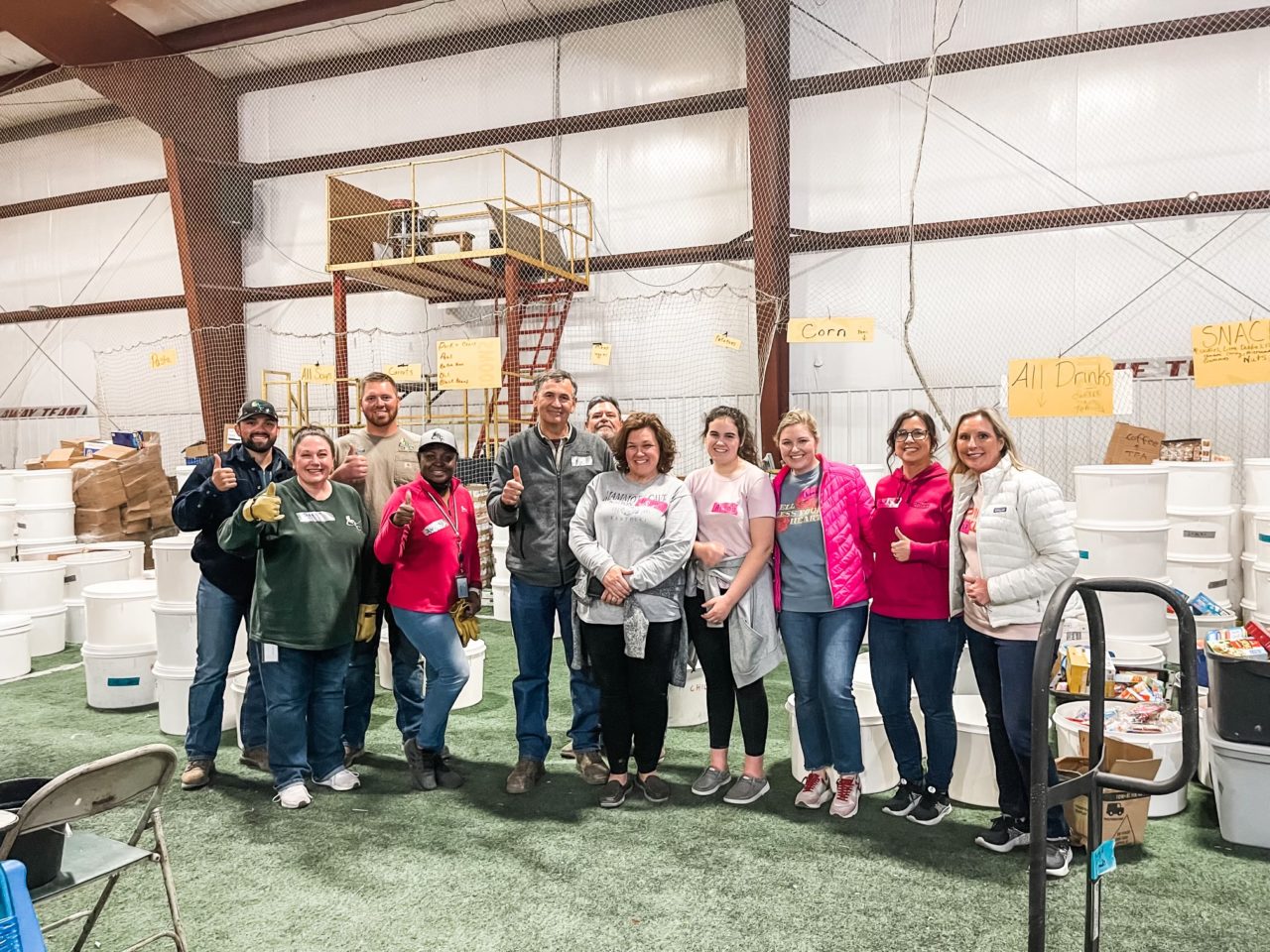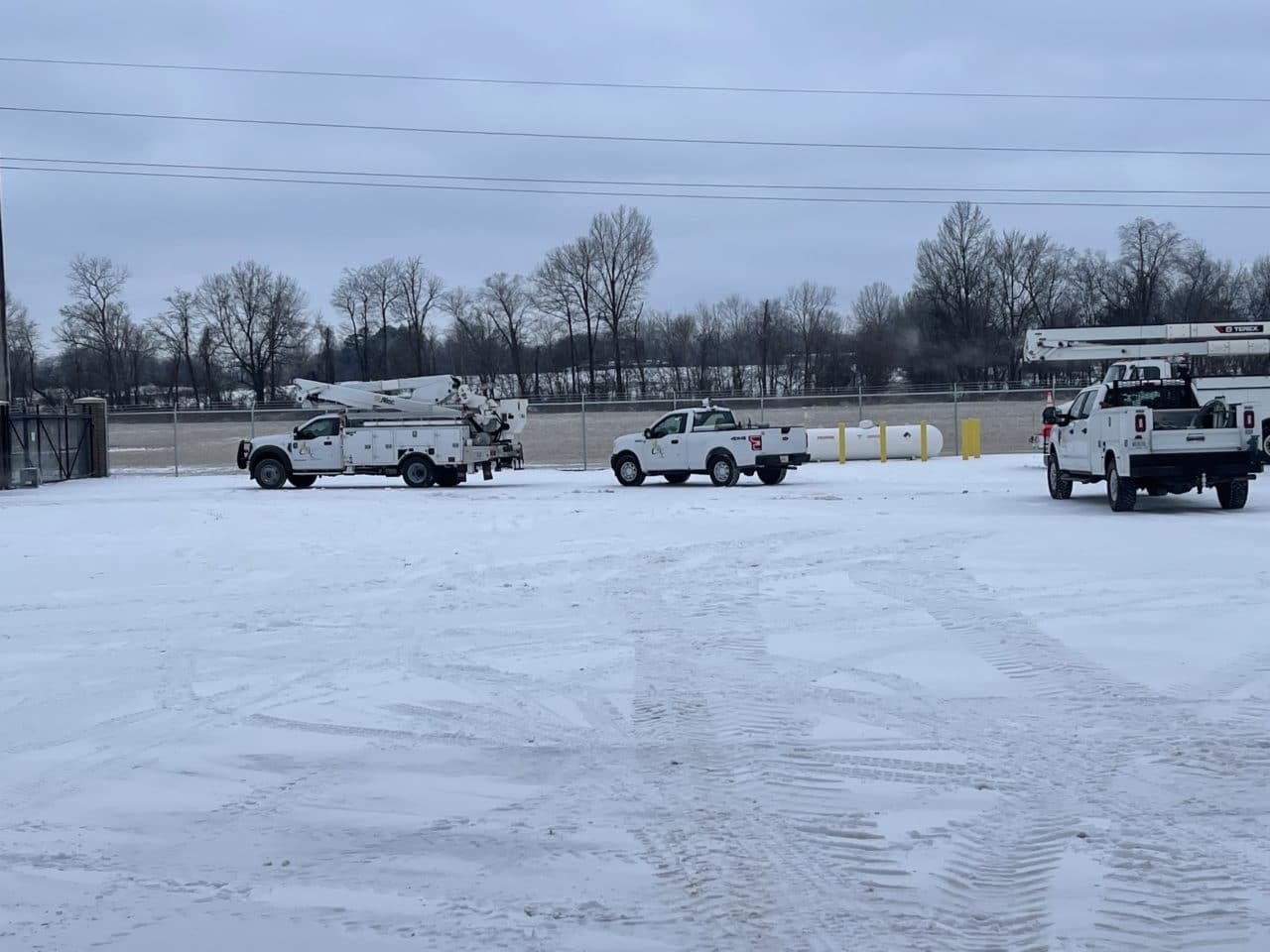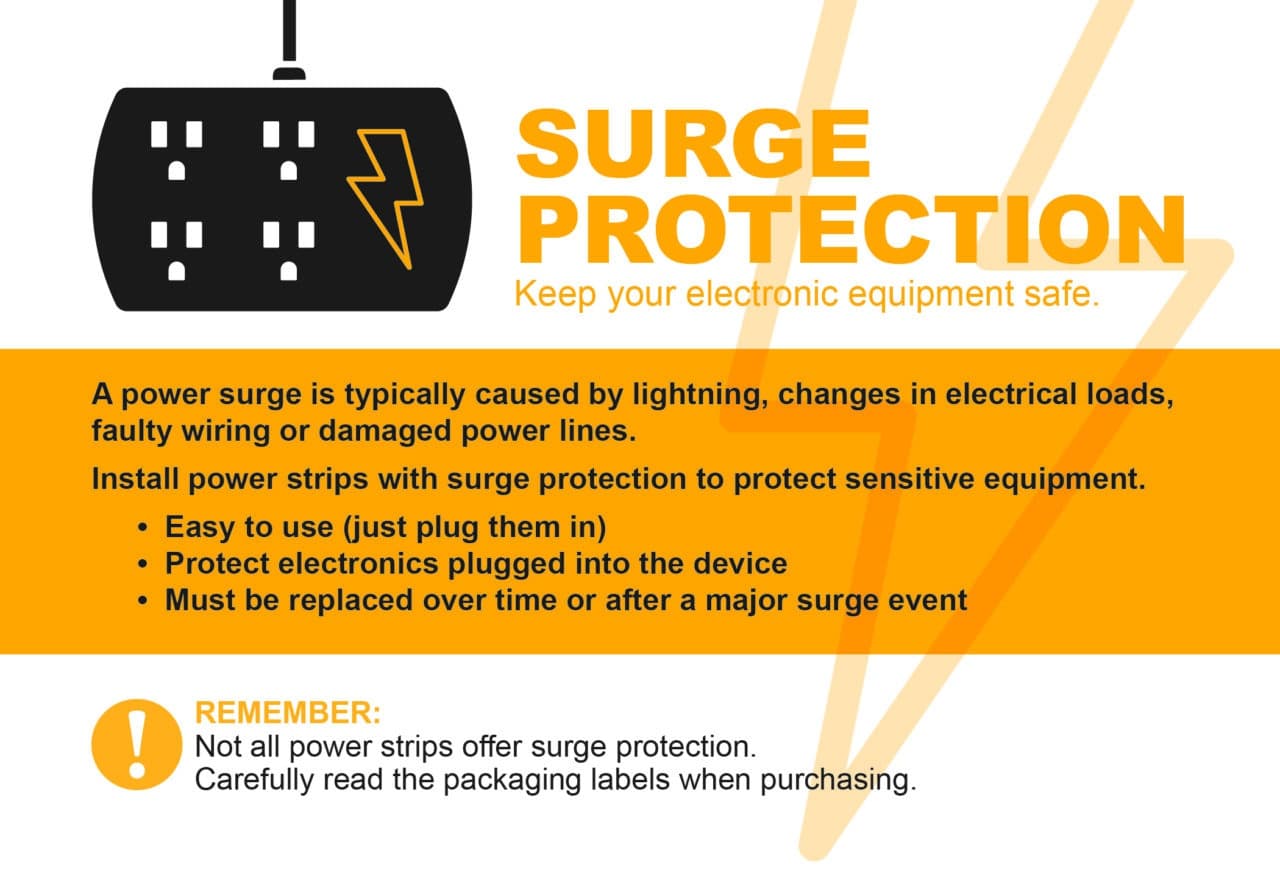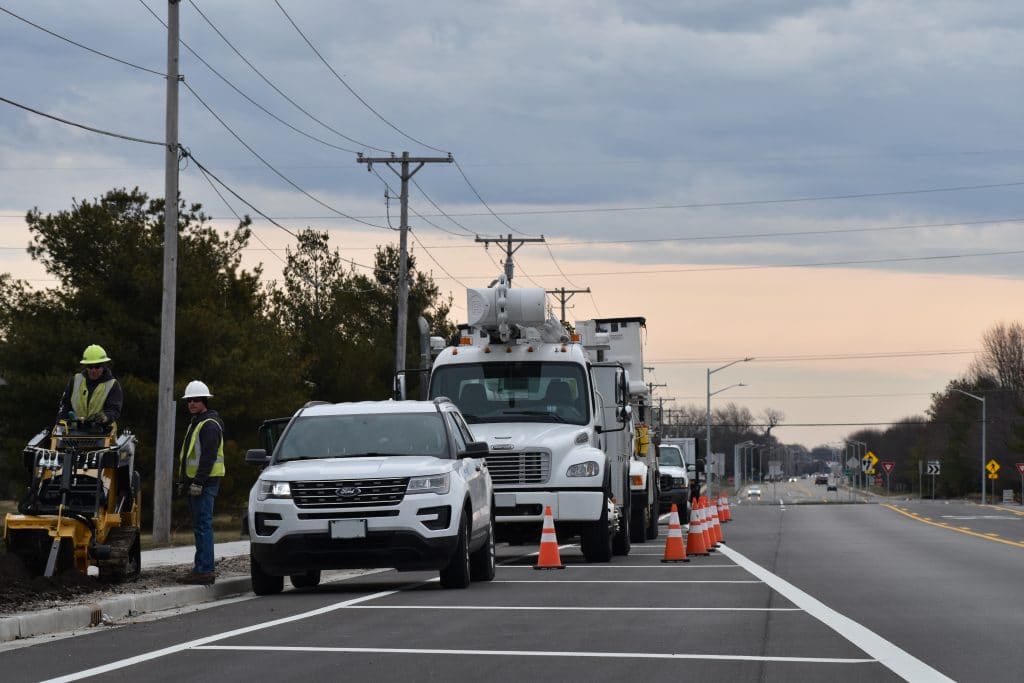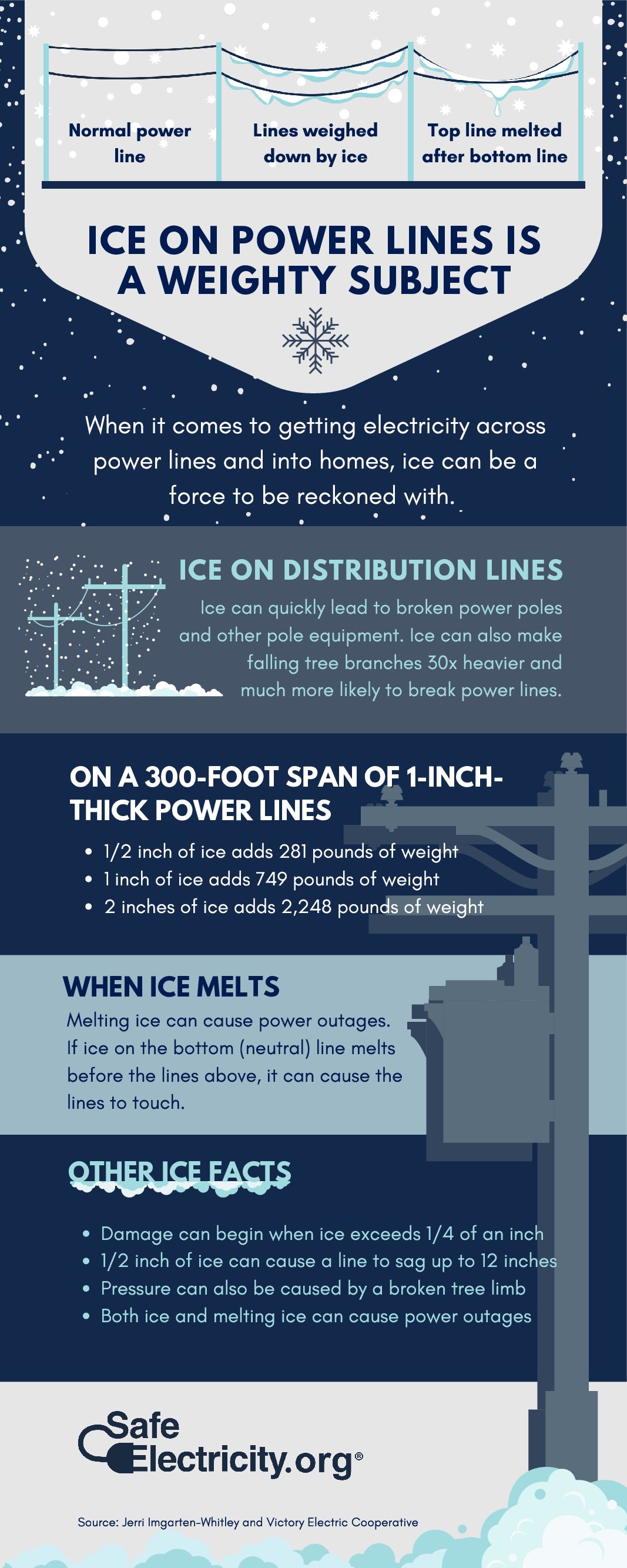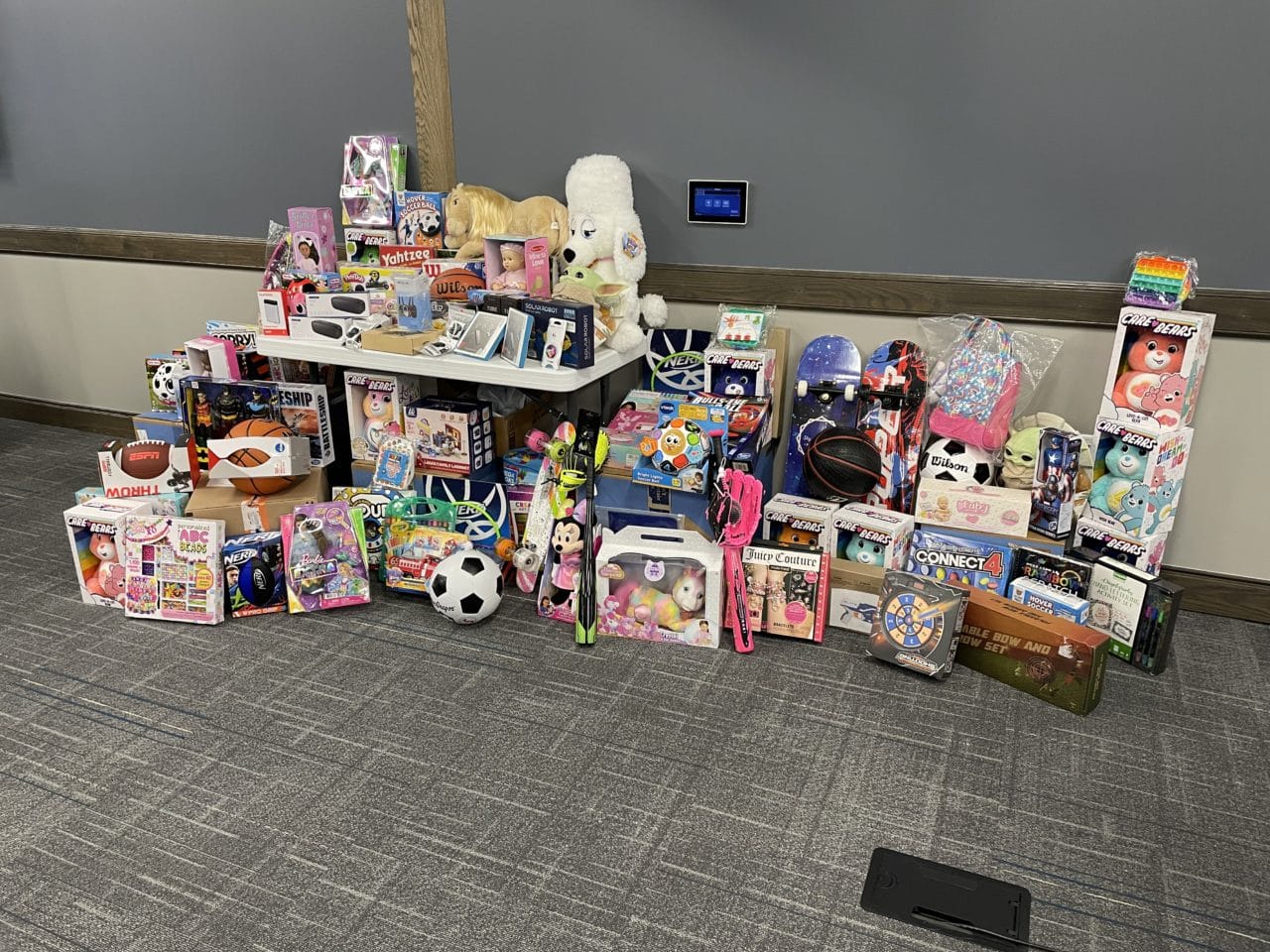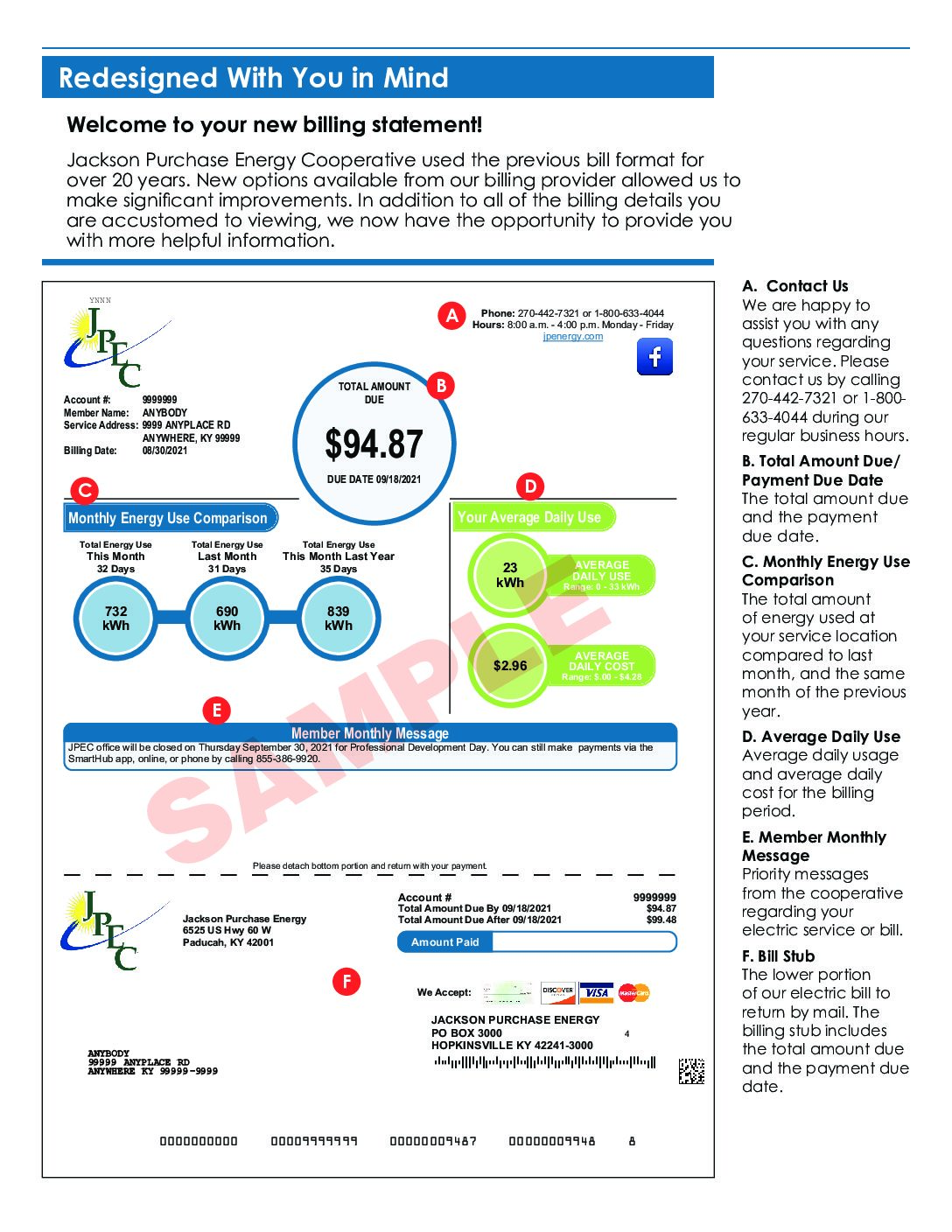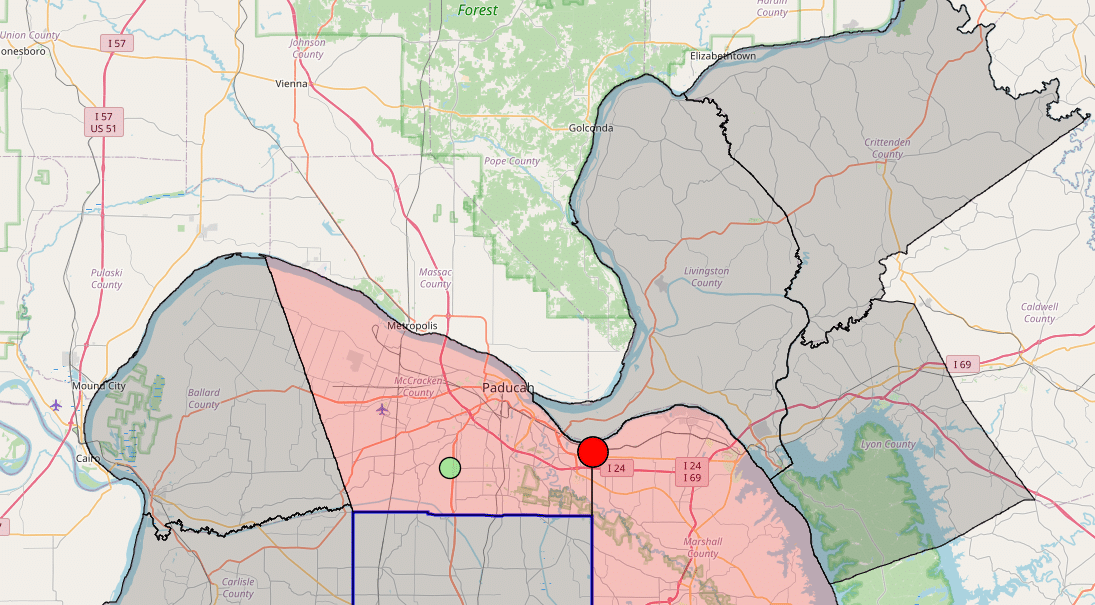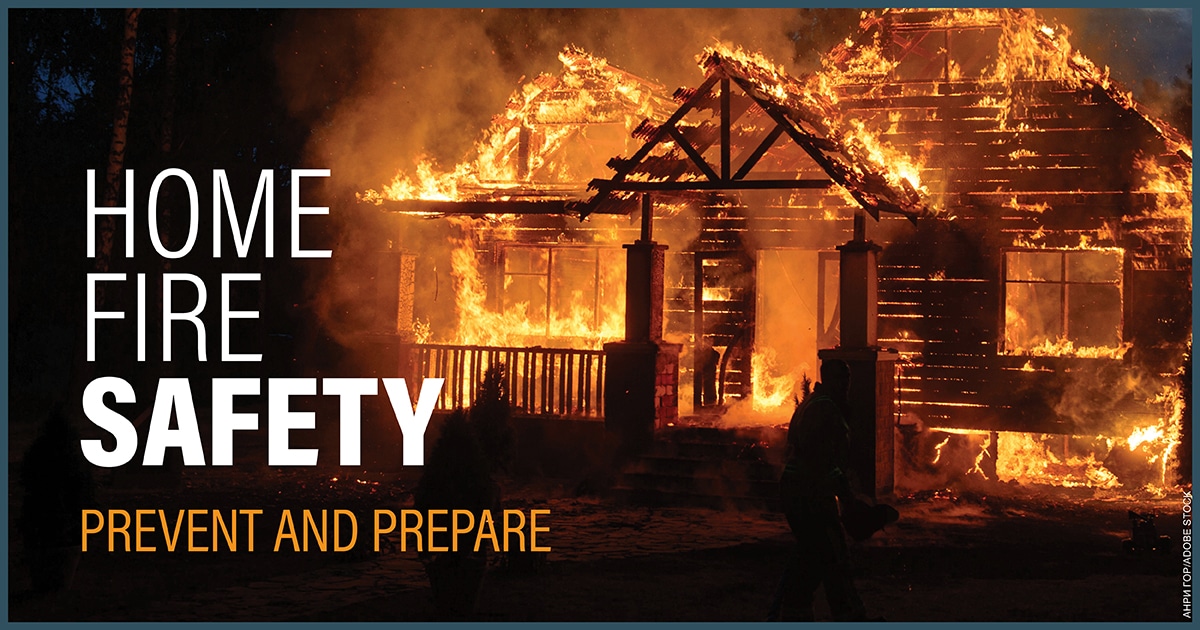The U.S. is phasing out reliable energy sources—just when we need them the most
IT’S A HIGH-STAKES GAMBLE, with America’s energy future on the line.
Like a poker player pushing all his chips into the center of the table, the Biden administration and several states are going “all in” on renewable energy, betting that technology will catch up by the time the U.S. Environmental Protection Agency’s pending zero-emissions mandate would effectively shut down coal-fired power plants 11 years from now.
But hold all bets.
The independent authority overseeing electric reliability in North America is issuing a warning. According to the North American Electric Reliability Corporation (NERC), the threat of rolling blackouts is increasing across the country as fossil fuel power plants are prematurely retired, and replacement energy sources aren’t capable of filling the gap.
NERC’s 2023 Long-Term Reliability Assessment was published in December, four months after the nonprofit regulatory body put U.S. energy policy atop the list of grid reliability risks.
“There are many areas where resource plans over the next 10 years really don’t equate to a reliable system,” says John Moura, NERC’s director of reliability assessment and performance analysis. “So something has to happen.”
A DECLINE IN RELIABILITY
“In recent years, we’ve witnessed a decline in reliability,” Moura says, “and the future projection does not offer a clear path to securing the reliable electricity supply that is essential for the health, safety and prosperity of our communities.”
In 2022, coal and natural gas accounted for 60% of electricity produced in the U.S. and 95% of the electricity in Kentucky.
At December’s COP28 climate summit in Dubai—despite repeated calls by industry leaders not to sabotage the electric grid— the U.S. joined nearly 200 other countries that agreed to accelerate the shift away from fossil fuels by speeding up the phase-down of coal power and tripling renewable energy capacity by 2030.
“No one is against new energy technology, but when politicians try to force an energy transition before the grid is ready for it, real people pay the price.”
» KATELYN BUNNING, DEPENDABLE POWER FIRST KENTUCKY
“REAL PEOPLE PAY THE PRICE”
“It’s a sucker bet,” says Katelyn Bunning, executive director of Dependable Power First Kentucky, a coalition of organizations and individuals committed to a secure energy future in the commonwealth. “No one is against new energy technology, but when politicians try to force an energy transition before the grid is ready for it, real people pay the price.”
As CEO of the National Renewables Cooperative Organization, Mike Keyser promotes the development and deployment of wind and solar resources, yet even he recognizes they are too unpredictable to bet on for reliable electricity.
“We’re not going to have a reliable grid if we’re transitioning solely to intermittent resources and retiring dispatchable power plants,” Keyser says. “One doesn’t replace the other.
“We’re rebuilding a plane mid-air with passengers on it and every piece we’re taking off we’re hoping it doesn’t crash the plane. It’s just common sense. If you want power around the clock, you can’t replace resources that are 24/7 dispatchable with just solar or wind, which only produce energy for parts of the day.”
“If the resources physically aren’t there, you’re not going to have reliability.”
» JOHN MOURA, NORTH AMERICAN ELECTRIC RELIABILITY CORPORATION
MORE DEMAND, LESS SUPPLY
Moura sums up the mounting pressure to keep pace with accelerating electricity demand, energy needs and adequate transmission systems:
“We’re more reliant on electricity than we ever have been, and at the same time we have tighter margins and riskier conditions than we ever have.”
With a push toward an electrified economy, NERC projects a significant increase in peak demand, spurred in part by data centers, crypto mining, electric vehicles, manufacturing and switching from other sources of energy to electric.
“There’s just a significant boom in our future,” Moura says. “It’s more than we’ve ever seen in the past.”
Though NERC estimates the demand for electricity will grow 10% through 2032, the electric generation to meet that demand is projected to grow by only 4% during that same time. Because electric service is instantaneous, the electric system has to be built large enough to meet the biggest demand at any one time.
Meanwhile, the NERC tally of planned or announced power plant retirements through 2033 shows more than 110,000 megawatts of fossil-fired and nuclear generator facilities going offline, roughly the amount of electric capacity to power 82.5 million homes.
“We’ve really degraded what we call our reserve margins or our reliability margins down to a point where we’re pretty concerned about the future,” Moura says. “We don’t see the concrete plans in place to meet the reliability needs in the future.”
“We’re more reliant on electricity than we ever have been, and at the same time we have tighter margins and riskier conditions than we ever have.”
» JOHN MOURA
“GRIM PICTURE”
Moura says the NERC report is a “call to action.”
Jim Matheson, president of the National Rural Electric Cooperative Association, says it “paints another grim picture of our nation’s energy future as demand for electricity soars and the supply of always-available generation declines.
“Nine states saw rolling blackouts in December 2022 as the demand for electricity exceeded available supply, and proposals like the EPA’s power plant rule will greatly compound the problem. Absent a major shift in state and federal energy policy, this is the reality we will face for years to come.”
In recent years, NERC’s power shortfall warnings have typically occurred during extreme weather conditions, such as Kentucky’s sustained single-digit and sub-zero temperatures in late December 2022. This new report warns that over the next decade much of the central and southern U.S. is likely to experience rolling blackouts even during normal weather.
“Every electric cooperative that I visit is talking about this issue. We’re running toward a cliff,” Keyser says. “NRECA has done a tremendous job of amplifying the concerns of the cooperatives. There’s a saying, ‘When the whole world is running toward a cliff, he who is running in the opposite direction appears to have lost his mind.’ I fear that reality will only set in when we’ve launched ourselves over the edge.”
The EPA is slated to finalize its rule within months to require zero-emissions generation by 2035.
Testifying before the Federal Electric Regulatory Commission, Tony Campbell, president and CEO of East Kentucky Power Cooperative, said, “The only way the proposed rule will not harm electric reliability is for EPA to withdraw it. EKPC and NRECA’s overall position is that EPA’s proposal is unlawful and unworkable.”
Campbell says closing power plants decades before they reach the end of their useful lives—while spending billions on new, unproven technology—will drive up costs for power producers, dramatically raising electric bills for consumers.
And for supporters of the EPA emissions mandate who might suggest that killing fossil fuels is a gamble worth taking at any price?
“I think we can all get on board with a long-term policy that leads us to a cleaner environment for our communities,” Moura says. “But if you don’t have power, you don’t have anything. In fact, if you don’t have power, your environmental conditions are terrible. Having reliable electricity enables everything else. It enables us to have more affordability. It enables us to have more environmental stewardship. But reliability comes first.”
BETTER COORDINATION NEEDED
“It used to be when certain areas had trouble with their electricity generation fleet, they could rely on their neighbors,” says John Moura, the director of reliability assessment and performance analysis for the North American Electric Reliability Corporation. “That’s why we’re interconnected. But what happens now is my neighbors aren’t as resilient as they used to be. They’ve retired generation. And those neighbors’ neighbors have also retired generation.”
Moura is calling for greater policy coordination between the gas and electric industries, and for the various federal agencies to work with the industry to “form good energy environmental policy.”
DUNKELFLAUTE
What happens to solar and wind power on cloudy, still days? The Germans have a word for it. Dunkelflaute means “a dark lull.”
John Moura, director of reliability assessment and performance analysis for the North American Electric Reliability Corporation, says the U.S. had a dunkelflaute on Sept. 6, 2023.
“Between Texas and Saskatchewan, across that middle part of the country, there’s about 60,000 megawatts of installed wind,” Moura explains. “For many hours of that day, the output of the 60,000 megawatt wind fleet was 300 megawatts. That’s what happened to us. And it will happen again. And under those conditions, what are our options if you don’t have the firm, dispatchable resources to back it up?”
https://www.kentuckyliving.com/energy/gambling-with-the-grid


